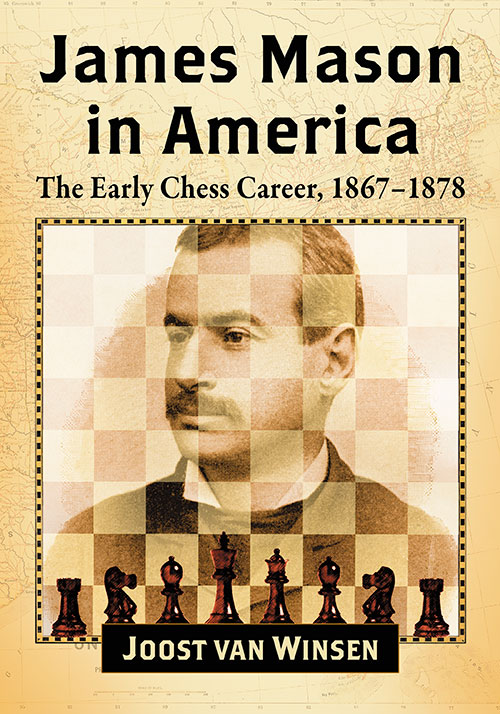Happy Birthday IM Richard Pert (22-i-1981)
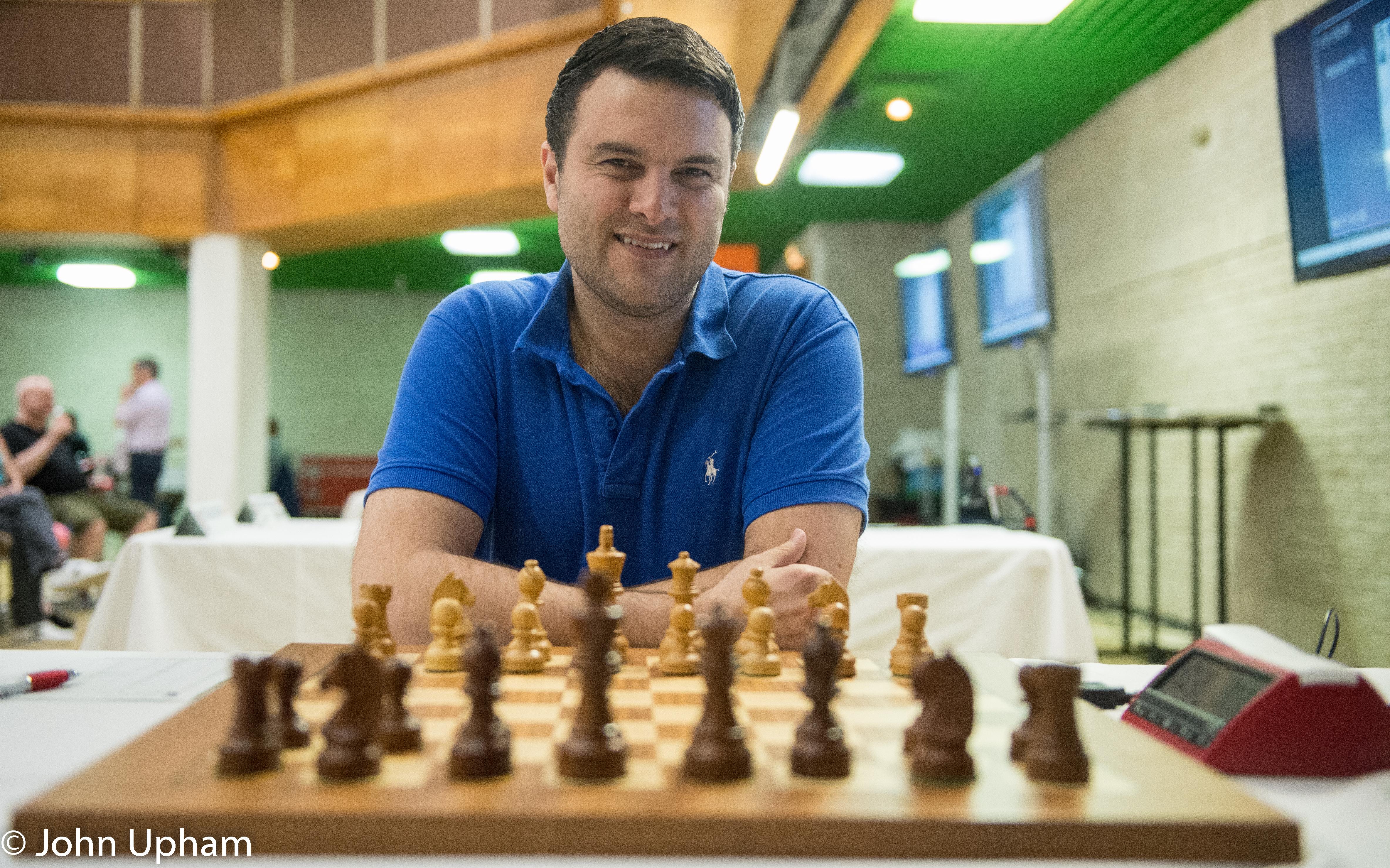
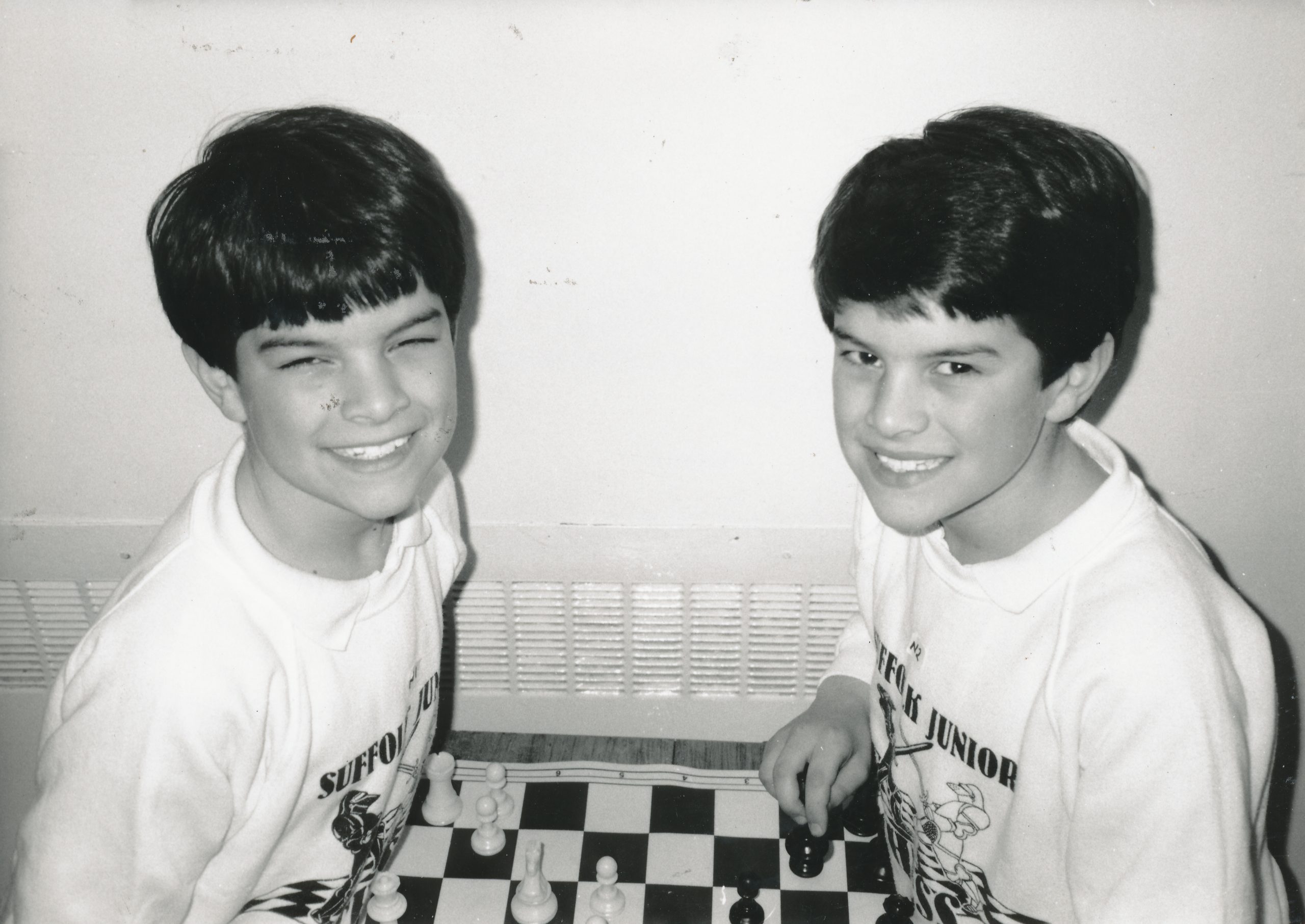
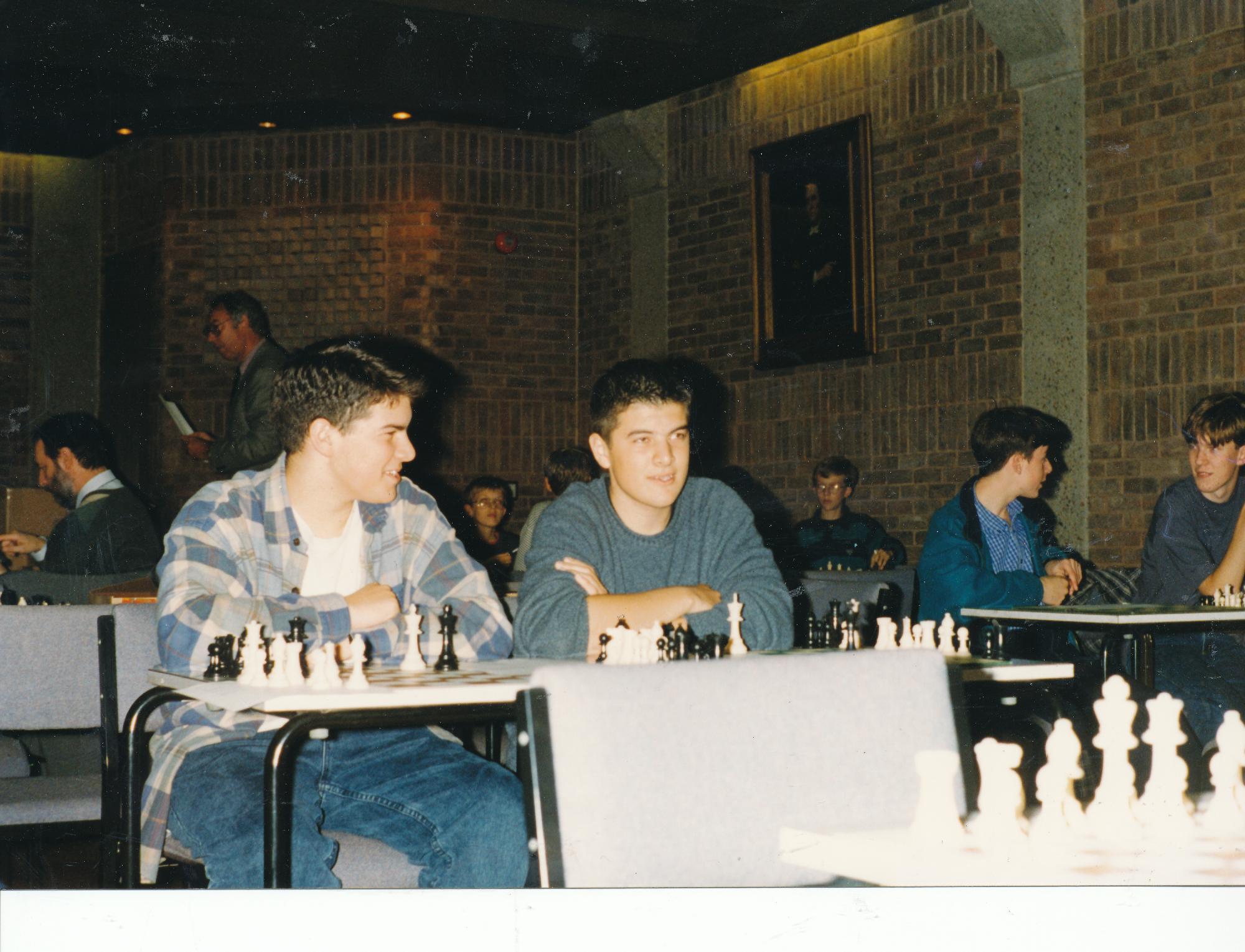
We send birthday wishes to GM Nick Pert born this day (January 22nd) in 1981 in Leeds. At an early age the Pert family relocated to Ipswich in Suffolk where Nick and Richard learnt chess from their father at the age of five. Fairly soon they were beating their Dad and he found the brothers a local club to play at. By chance in the same road was living FM Kevin O’Connell who became their coach.
Nick now resides in Fleet, Hampshire with his family. He teaches in a number of schools and coaches students on a one-to-one basis.
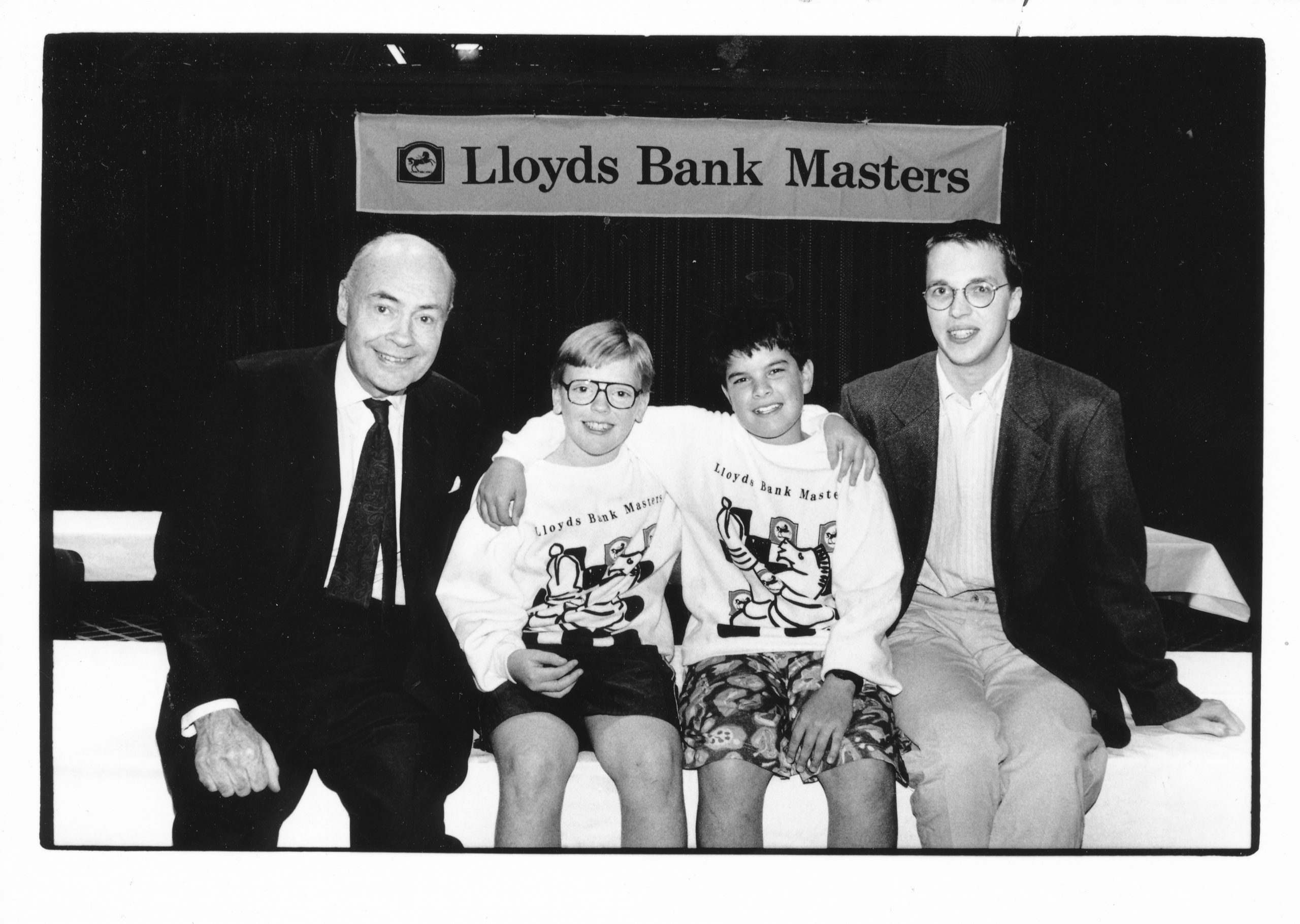
Nick won the Southern Counties (SCCU) championship for the 2016-17 season sharing with Richard Bates.

Here is Nick’s Wikipedia entry

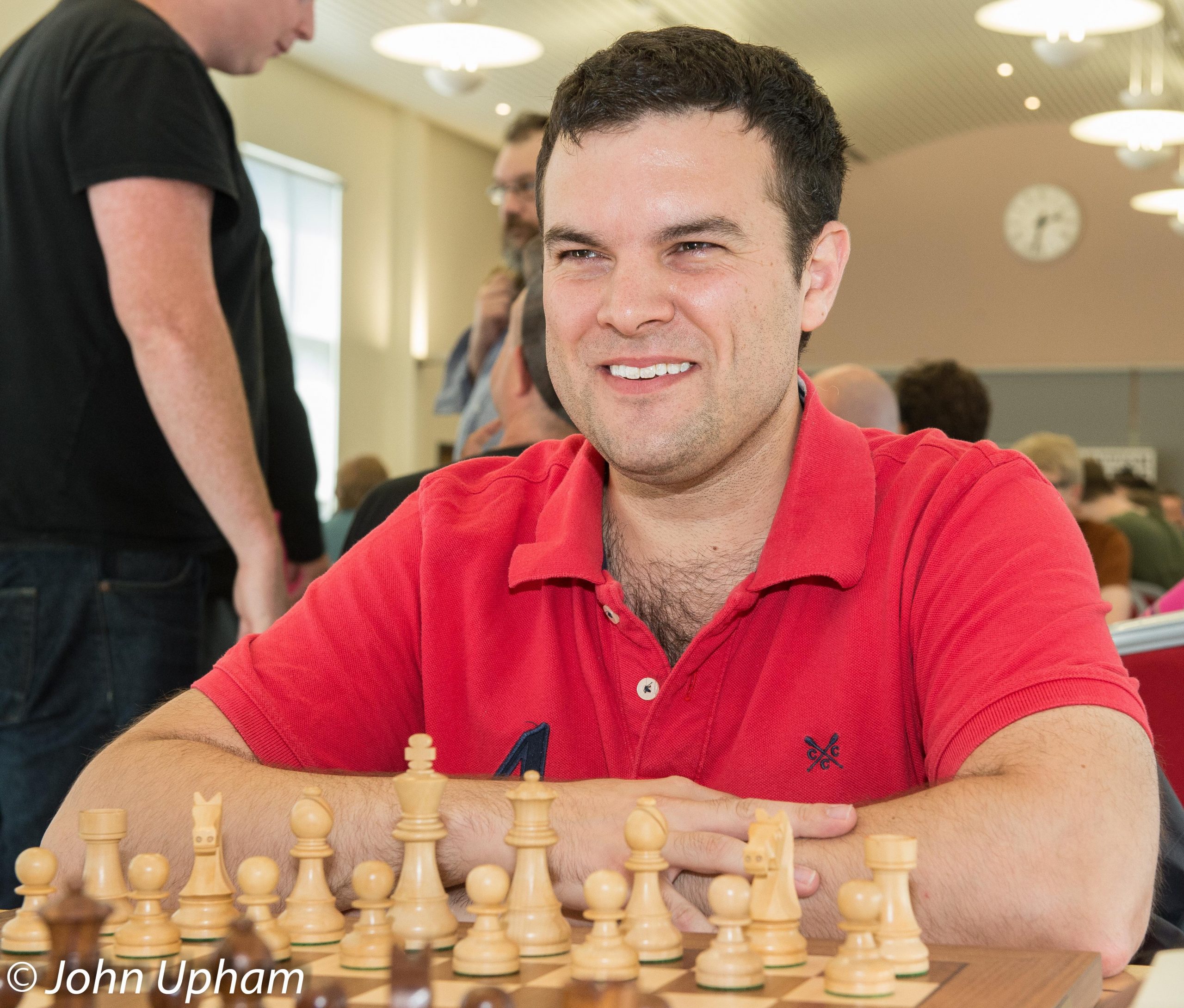
In 2021 Nick took first place for the first time at the Covid affected British Championships in Hull with 6.5/9 with a TPR of 2414 reducing his rating by 4.2 Elo points. His highest rated opponent was 2480 (Danny Gormally).
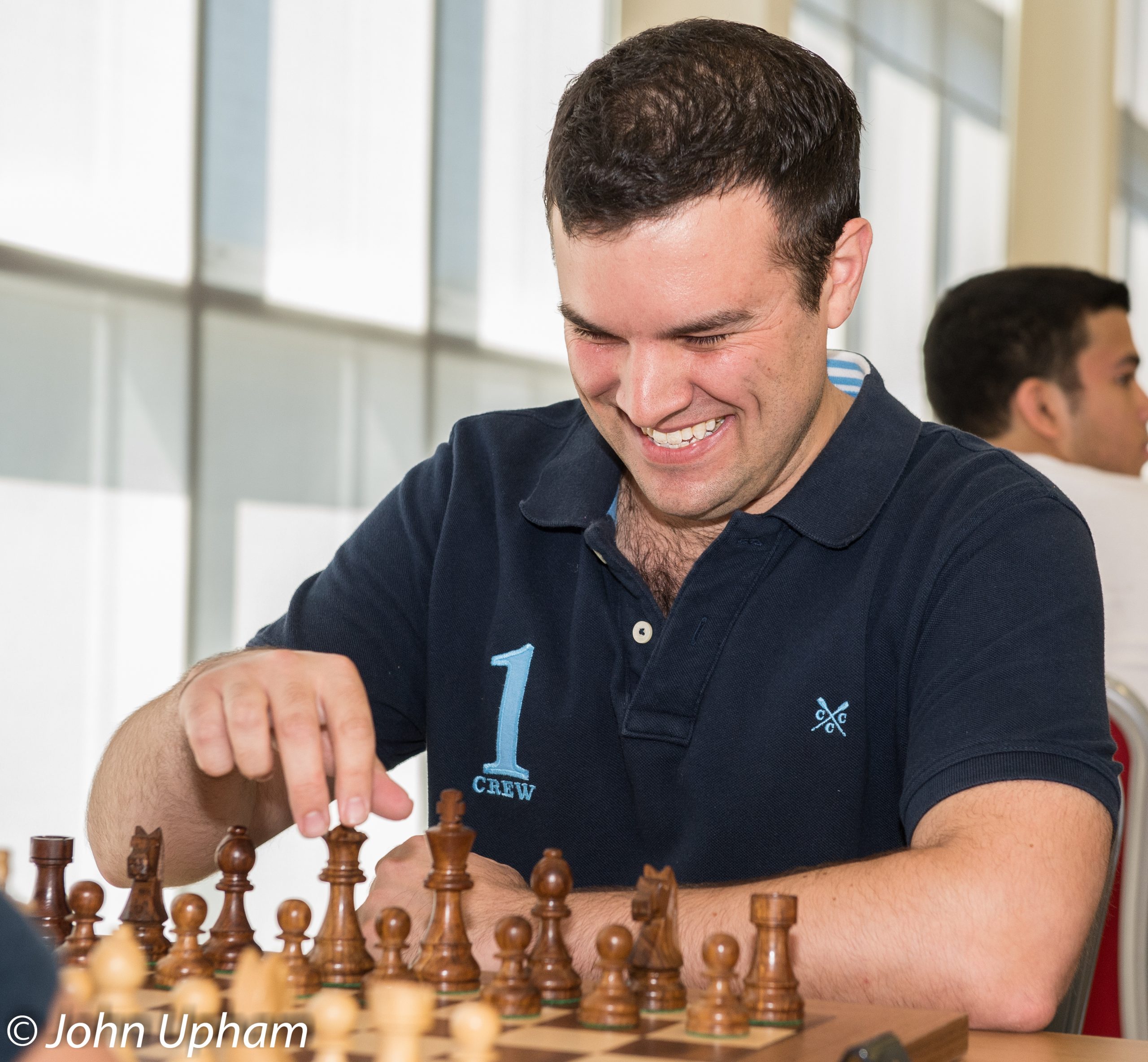
In 2023 Chessbase produced a video interview of Nick which may be seen here.
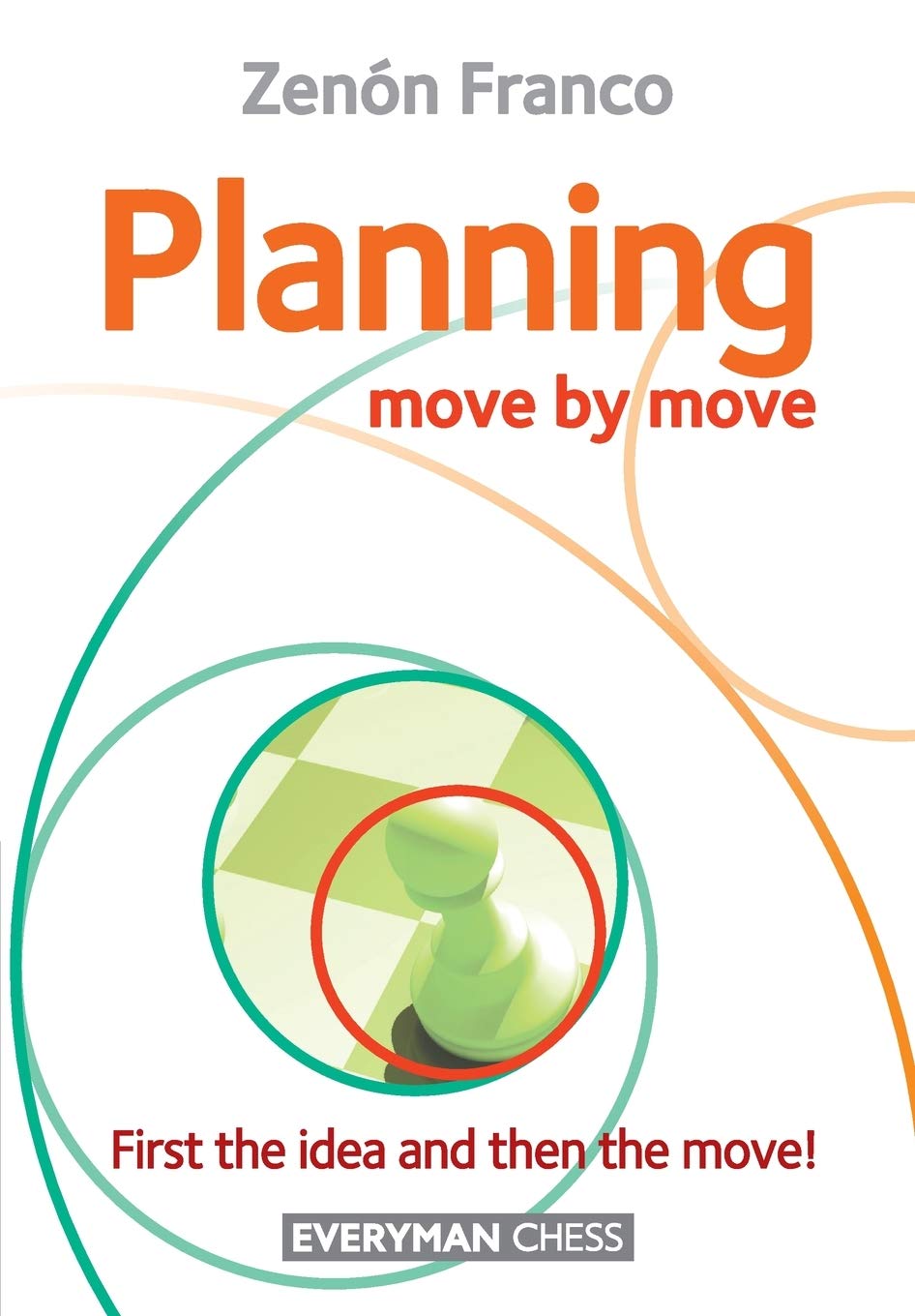
According to Wikipedia :
Zenón Franco Ocampos (American Spanish: [seˈnoɱ ˈfɾaŋko oˈkampos];[a] born 12 May 1956, Paraguay) is a chess grandmaster (GM) from Paraguay. In the 1982 Chess Olympiad at Lucerne, he won the gold medal at board one by scoring 11 of 13. In the 1990 Chess Olympiad at Novi Sad, he shared first place at board one with 9 points in 12 games. As of 2007, Ocampos is the top-ranked player and only GM in Paraguay (now, there are three GMs: Zenon Franco, Axel Bachmann and Jose Cubas). He has written several books on chess for Gambit Publications under the name Zenon Franco.
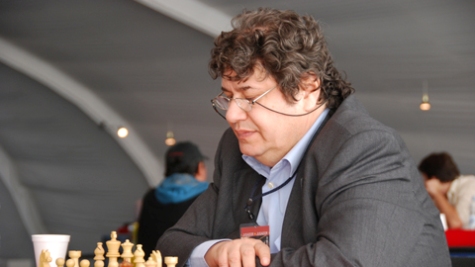
A few days ago my friend Paul Barasi asked me a question on Twitter: “Does planning play a distinctive & important role in deciding inter-club chess match games? I don’t hear players saying: I lost because I picked the wrong plan or failed to change plan, or won by having the better plan. Actually, they never even mention the subject.”
I replied: “It does for me. I usually lose because my opponent finds a better plan than me after the opening. But you’re right: nobody (except me) ever mentions this.”
I can usually succeed in putting my pieces on reasonable squares at the start of the game, but somewhere round about move 15 I have to decide what to do next. If I’m playing someone 150 or so Elo points above me (as I usually am at the moment), I’ll choose the wrong plan and find out, some 20 moves later I’m stuck with a pawn weakness I can’t defend and eventually lose the ending.
Perhaps Zenón Franco’s book Planning Move by Move will be the book to, as the blurb on the back suggests, take my game to the next level.
There are five chapters: Typical Structures, Space Advantage, The Manoeuvring Game, Simplification and Attack and Defence, with a total of 74 games or extracts. Although most of the games are from recent elite grandmaster practice, there are also some older games, dating back as far as Lasker-Capablanca from 1921. Three masters of strategy, Karpov, Carlsen and Caruana, make regular appearances.
Each game is interspersed with exercises (where the author is asking you to answer his question) and questions (which you might ask the author).
Compared to the Kislik book I reviewed last week which covers fairly similar territory, Franco’s book is more user friendly for this reason. It’s the difference, if you like, between a teacher and a lecturer. Kislik is talking to you from the demo board without giving you a chance to interact, while Franco is answering your questions and asking you questions in turn.
Let’s take as an example from the book Game 31, which is Caruana-Ponomariov Dortmund 2014
In this position, with Caruana, white, to play, you’re given an exercise.
“A decision must be taken. What would you play?”
White played 20. Rde1!
Answer: “Seeking the favourable exchange of dark-squared bishops and preventing 20… f6 for tactical reasons. Caruana didn’t see a favourable way of continuing after 20. h4 f6 and he commented that he wasn’t happy about allowing … h4, but he thought it was more important to prevent … f6.”
You might then ask the question: “But how did 20. Rde1 prevent 20… f6?”
Answer: “I’ll answer that with an ….”
Exercise: “How can 20… f6 be punished?”
Answer: “White can gain a positional advantage by exchanging the bishops with 21. Be5, but even better is 21. exf6 Bxf6 and now 22. Bxc7! Kxc7 23. Qf4+ wins a pawn.”
Taking you through to the end of the game, we reach this position with Caruana to play his 39th move.
“Exercise: Test position: ‘White to play and win’.”
You might want to solve this exercise yourself before reading on.
With any luck you’ll have spotted the lovely deflection 39. Re7!!
“Exercise: “What’s the key move now for solving the problem I set you?”
If you found the previous move you’ll have no problem finding the second deflection 40. Ba6 Kxa6 41. Qa8#
You’ll see from this example that the book is far from just a guide to chess strategy. At this level tactics and strategy are inseparable, and in order to solve Franco’s exercises you’ll have to calculate sharply and accurately both to justify your chosen plan and to finish your opponent off at the end of the game.
What we have, then, is a collection of top class games and extracts with annotations which are among the best I’ve seen. Copious use is made of other sources: the notes on the above game incorporate, with acknowledgement, Caruana’s own notes which can be found, amongst other places, on MegaBase. Franco also refers to computer analysis, in places making interesting comparisons between modern (early 2019) and older engines, and frequently comments on the difference between human and computer moves.
Having said that, the games are not easy, and, although all readers will enjoy a collection of great games instructively analysed, I would suggest that, to gain full benefit from the book, you’d probably need to be about 1800+ strength and prepared to take the book seriously, reading it with a chessboard at your side, covering up the text and attempting to solve the exercises yourself.
We’ve all seen games where Capablanca, for example, wins without having to resort to complex tactics, because his opponents are far too late to catch onto what’s happening. I could well imagine a book written for players of, say, 1400-1800 strength featuring this type of game, perhaps with some more recent examples. There must be many games from Swiss tournaments where GMs beat amateurs in this way.
I have a few minor criticisms:
In spite of these resservations I can recommend the book very highly as a collection of excellent and often beautiful top level games with first rate annotations. Stronger club standard players, in particular, will find it helpful in improving not just their planning skills but their tactical skills as well.
I really enjoyed reading it and I’m sure you will as well.
Richard James, Twickenham, 20th January, 2020

Book Details :
Official web site of Everyman Chess
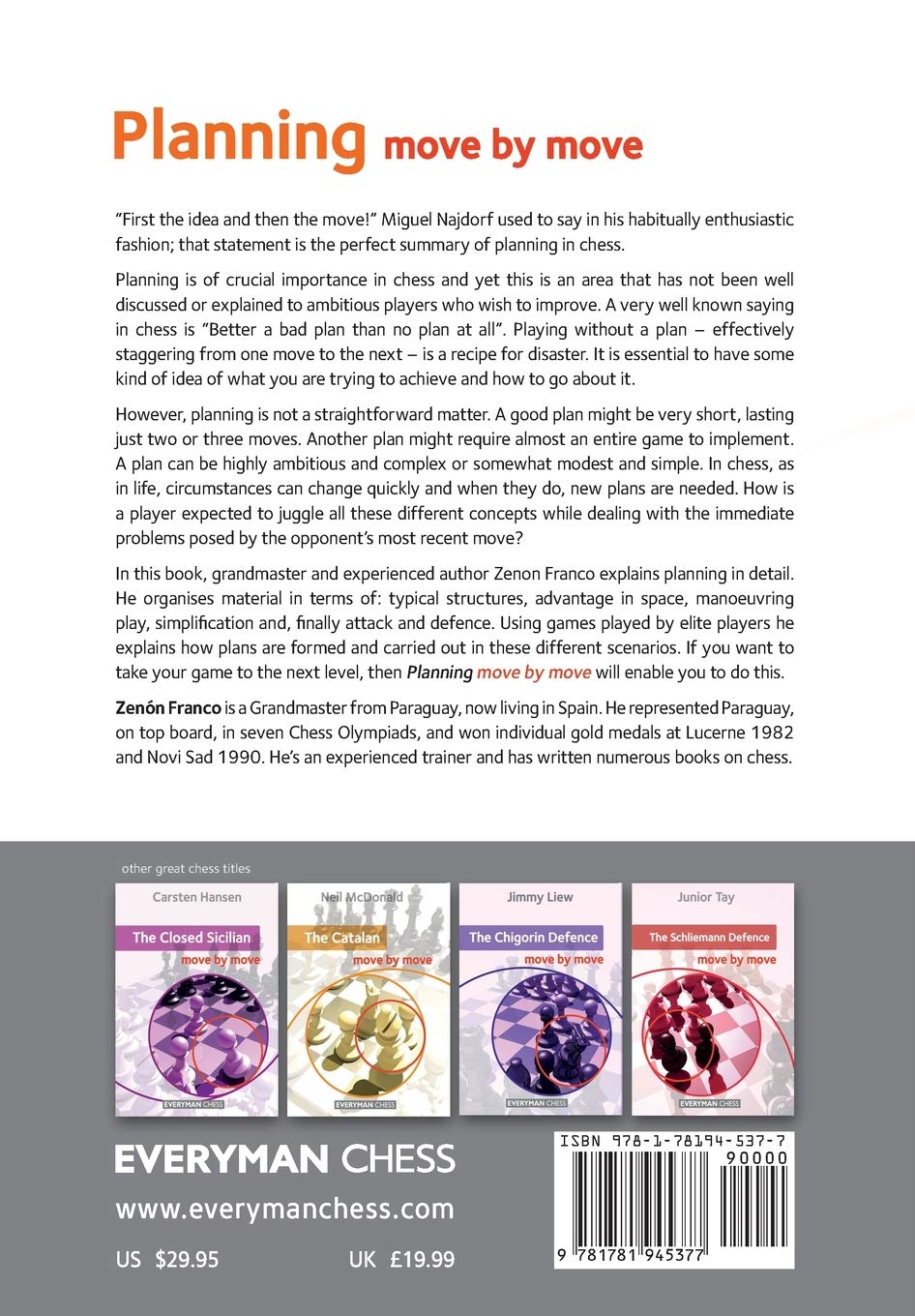
We send birthday wishes to GM Neil McDonald born on this day (January 21st) in 1967.
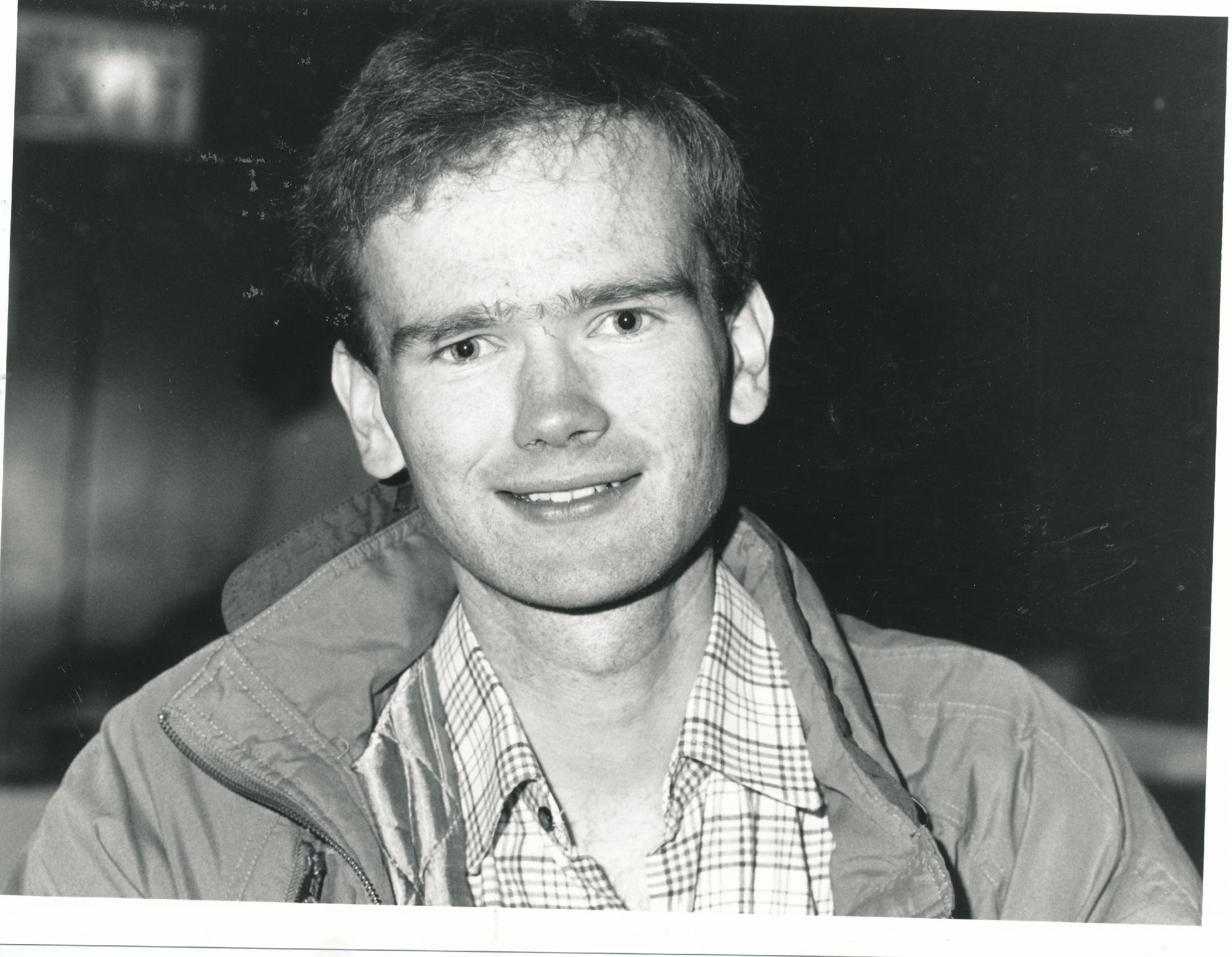
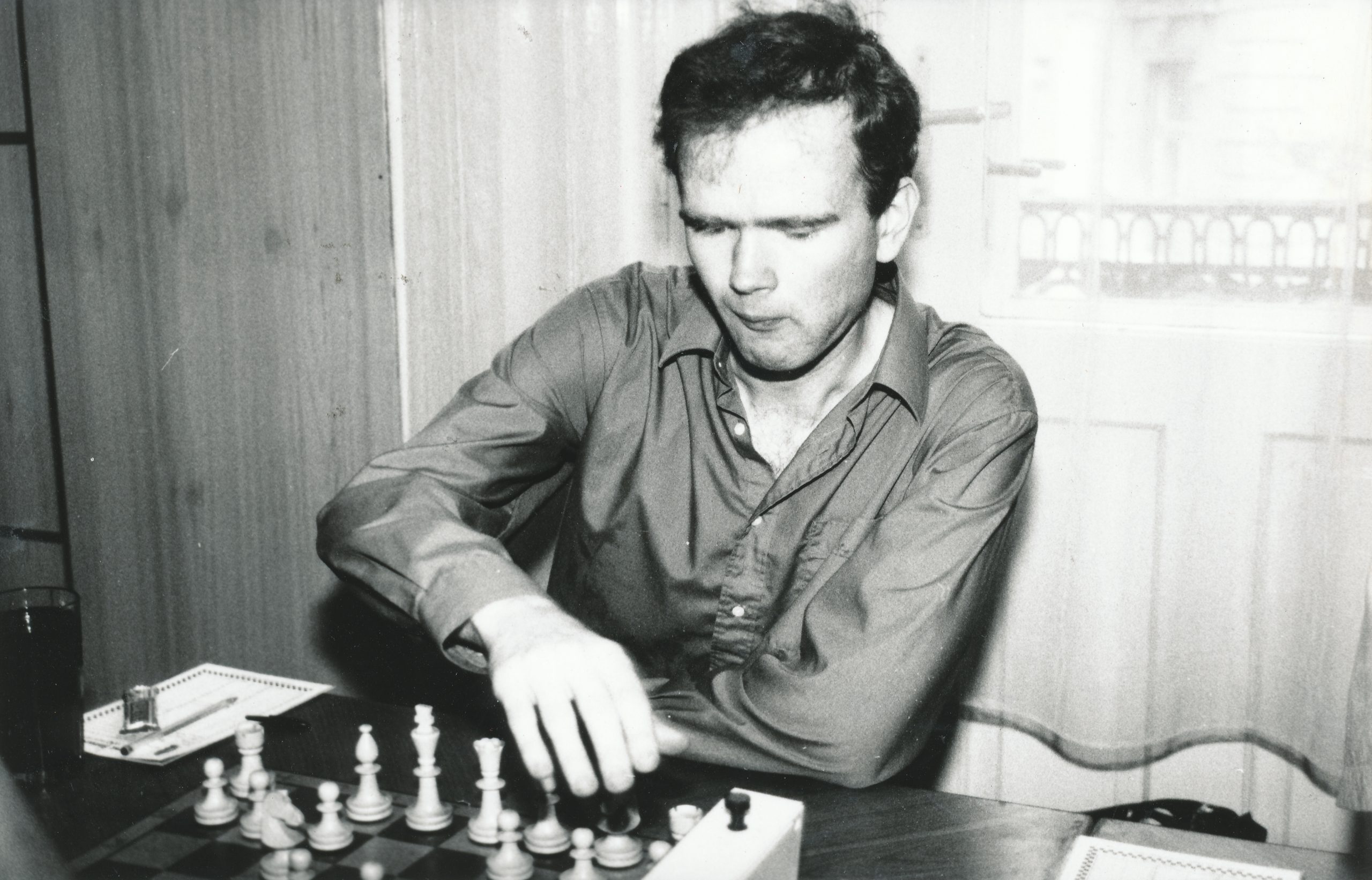
From Wikipedia :
Neil McDonald (born 21 January 1967) is an English chess grandmaster and a player on the international chess circuit. He is an English Chess Federation coach,[1] who has trained many of the country’s strongest junior players. McDonald is a regular coach of the English junior team and was Head Coach of the English Chess Federation team at the Greece World Schools Championship in 2013.[2] He regularly escorts blind and partially sighted chess players to international World Championship events and is also a chess writer.
McDonald authored the French Defence monthly updates on chesspublishing.com from October 1999 until March 2009,[3] 1 e4 … updates from November 2009 until January 2010,[4] 1 e4 … from June 2014 until February 2015[5] and returned to 1 e4 … in March 2017 until January 2018.[6]
Neil shared first place in the 1986 GLC Masters with Jonathan Levitt, was outright first at the Elekes Memorial, 1995, first at The Leinster IM Tournament in Dublin, 1997, and other tournaments since. Neil plays for Wood Green in the Four Nations Chess League (4NCL).
He became an International Master in 1986 and was awarded the Grandmaster title in 1996.
McDonald obtained his FIDE Trainer qualification in 2016.[7]
Neil is a prolific and successful author, most recently with
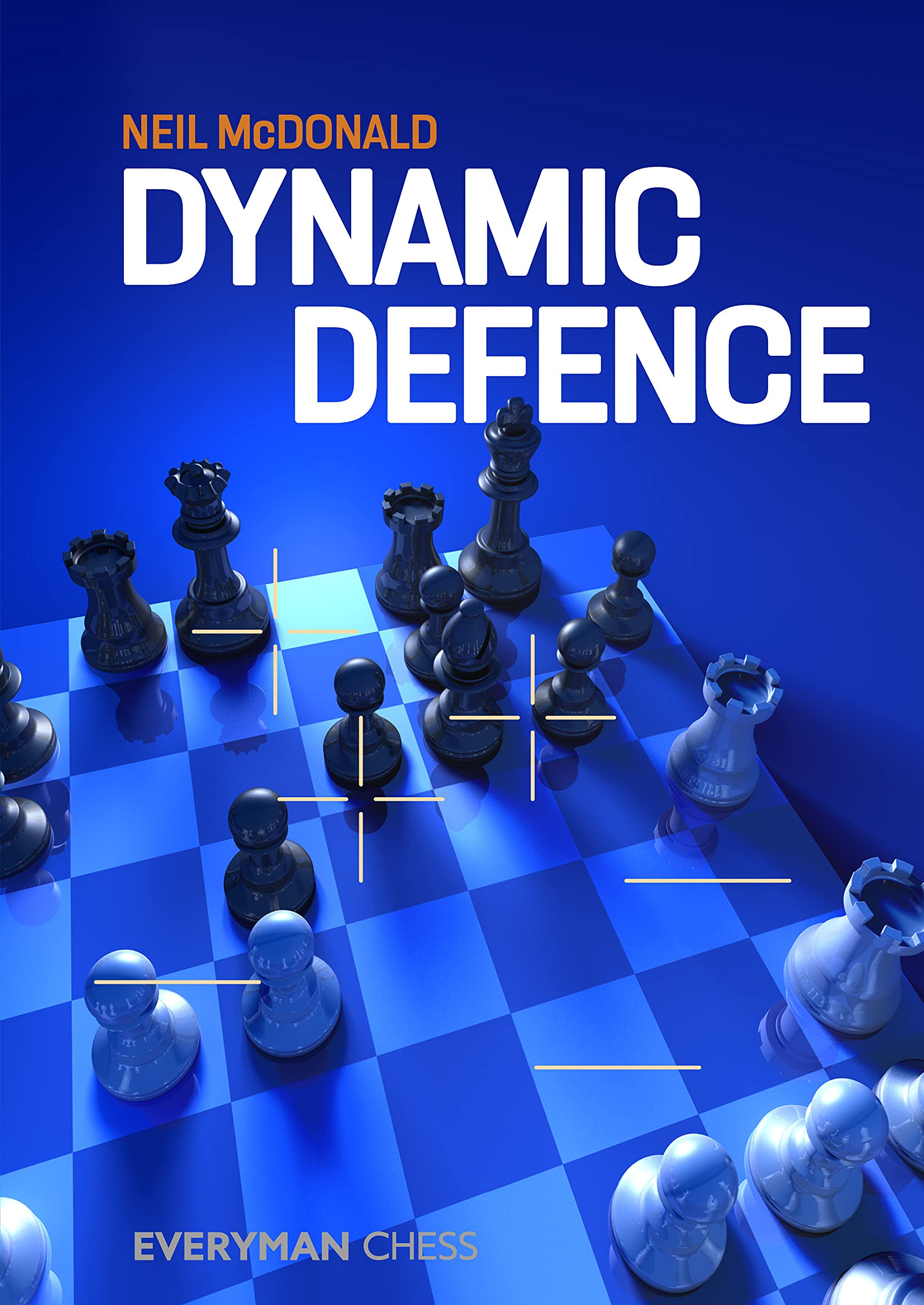
and prior to that “Coach Yourself”

but also thirty eight titles for Chess Press, BT Batsford Ltd. and Everyman Chess Books.
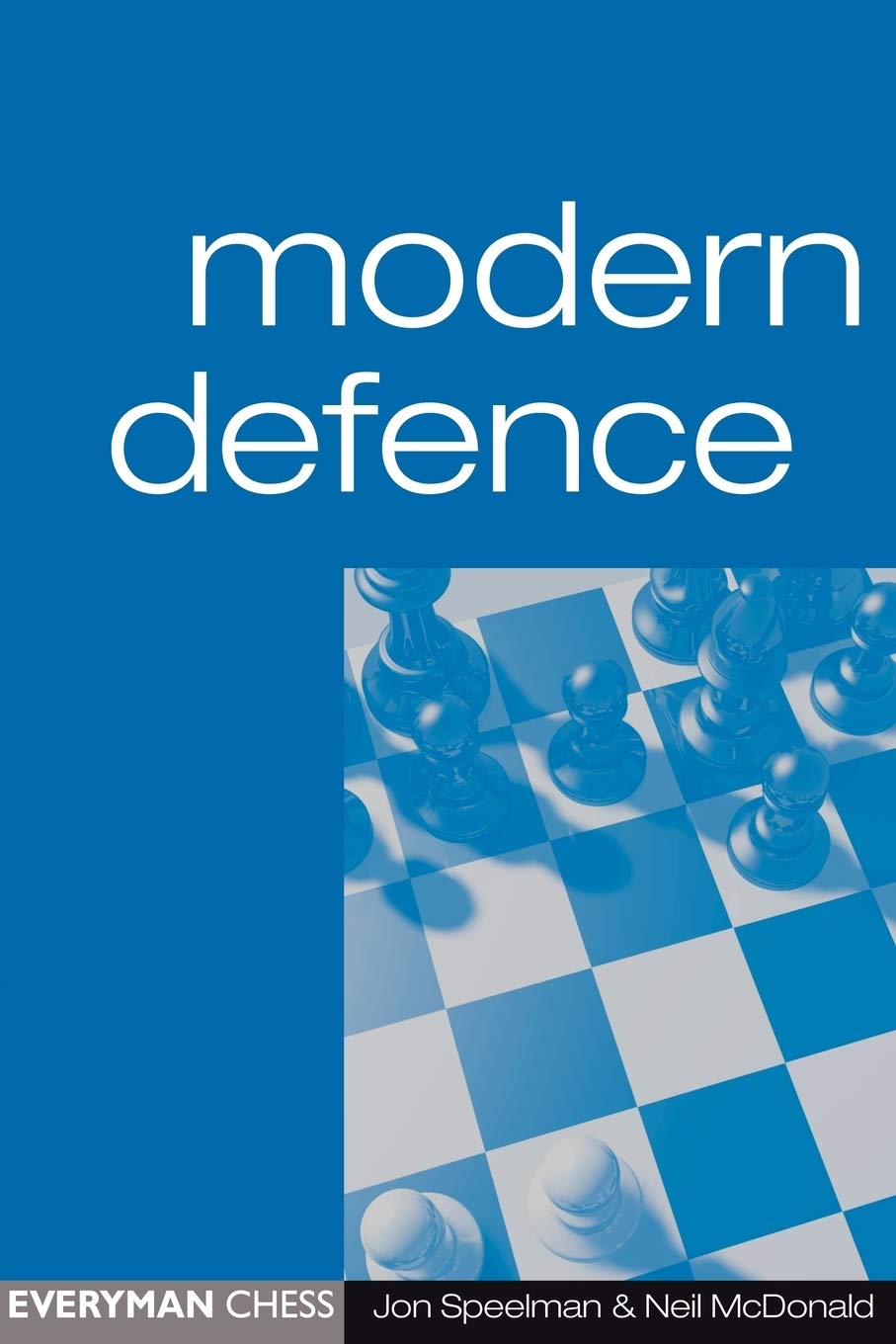
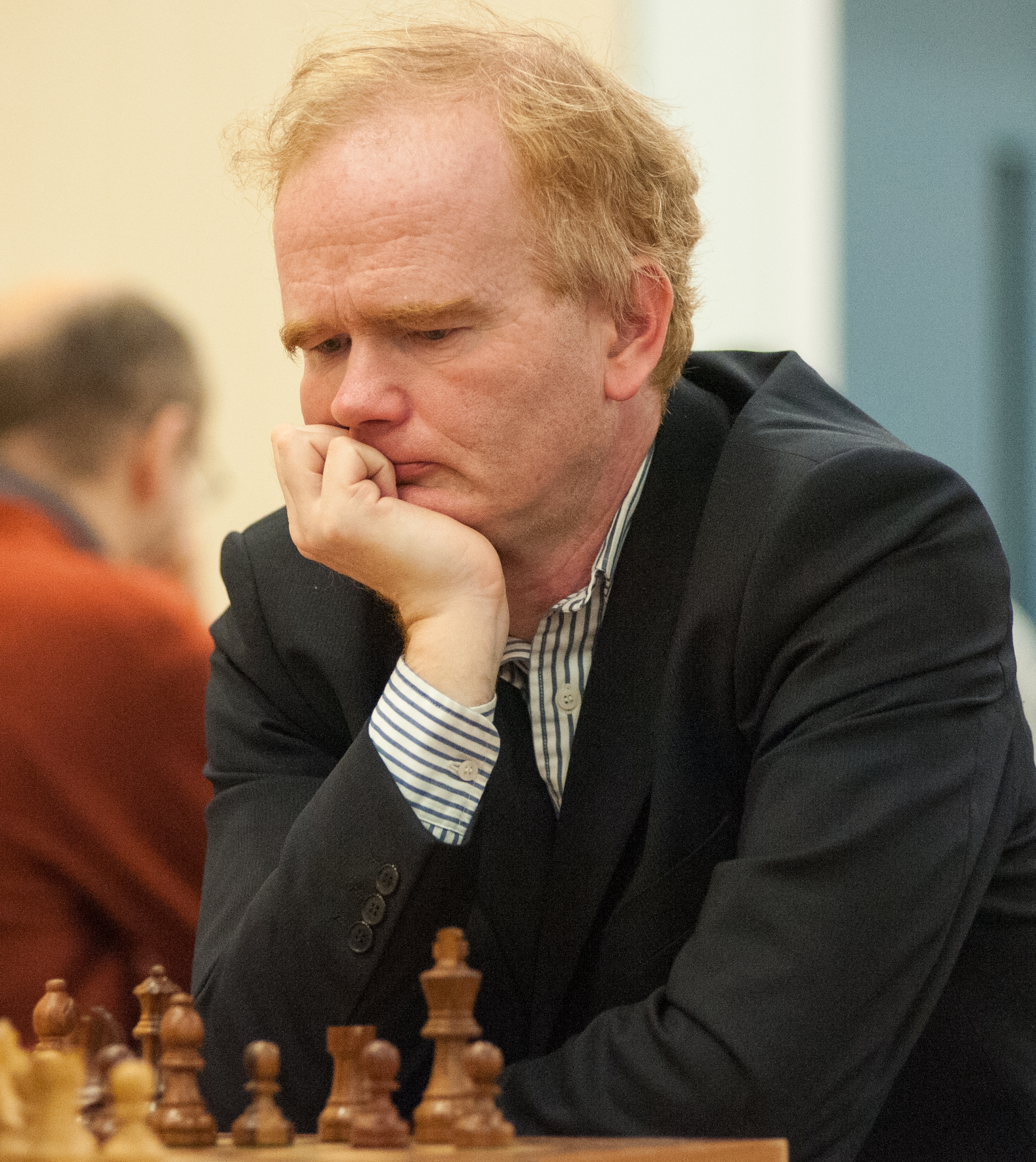
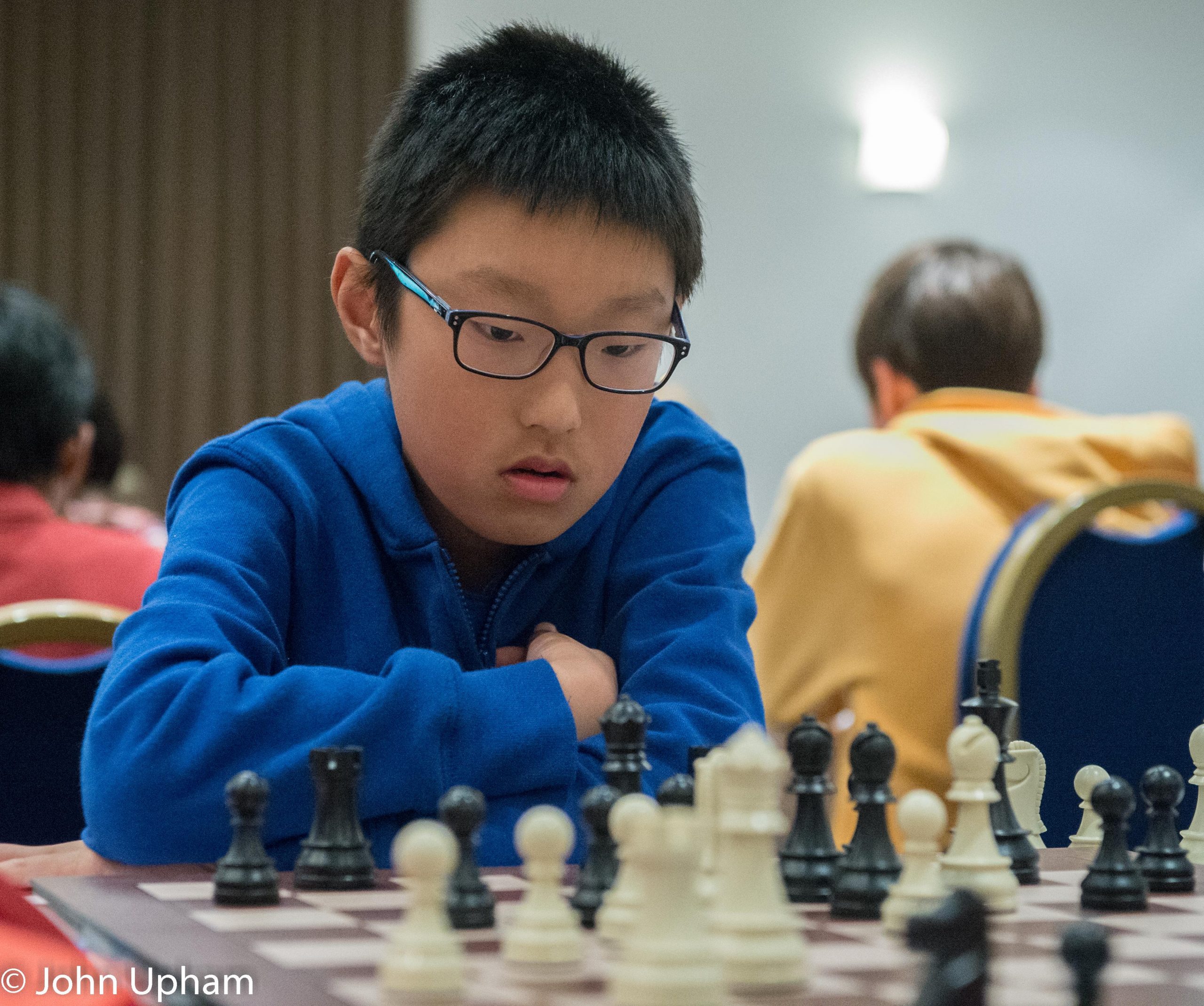
Newcastle Upon Tyne resident Yichen Han became the youngest Dutch holder of the FIDE Master (FM) title at the age of twelve years and two months.
Yichen was born in Eindhoven, Noord-Brabant, The Netherlands.
The games required to complete the FM title were played at the recent 4NCL Harrogate Congress . The final game was a win versus Robert Starley of Crowthorne Chess Club having started with a win versus CM Peter Ackley.
Yichen plays for Forest Hall and is a student at RGS Newcastle.
He currently has a FIDE rating of 2257 for standard play and an ECF grading of 215.
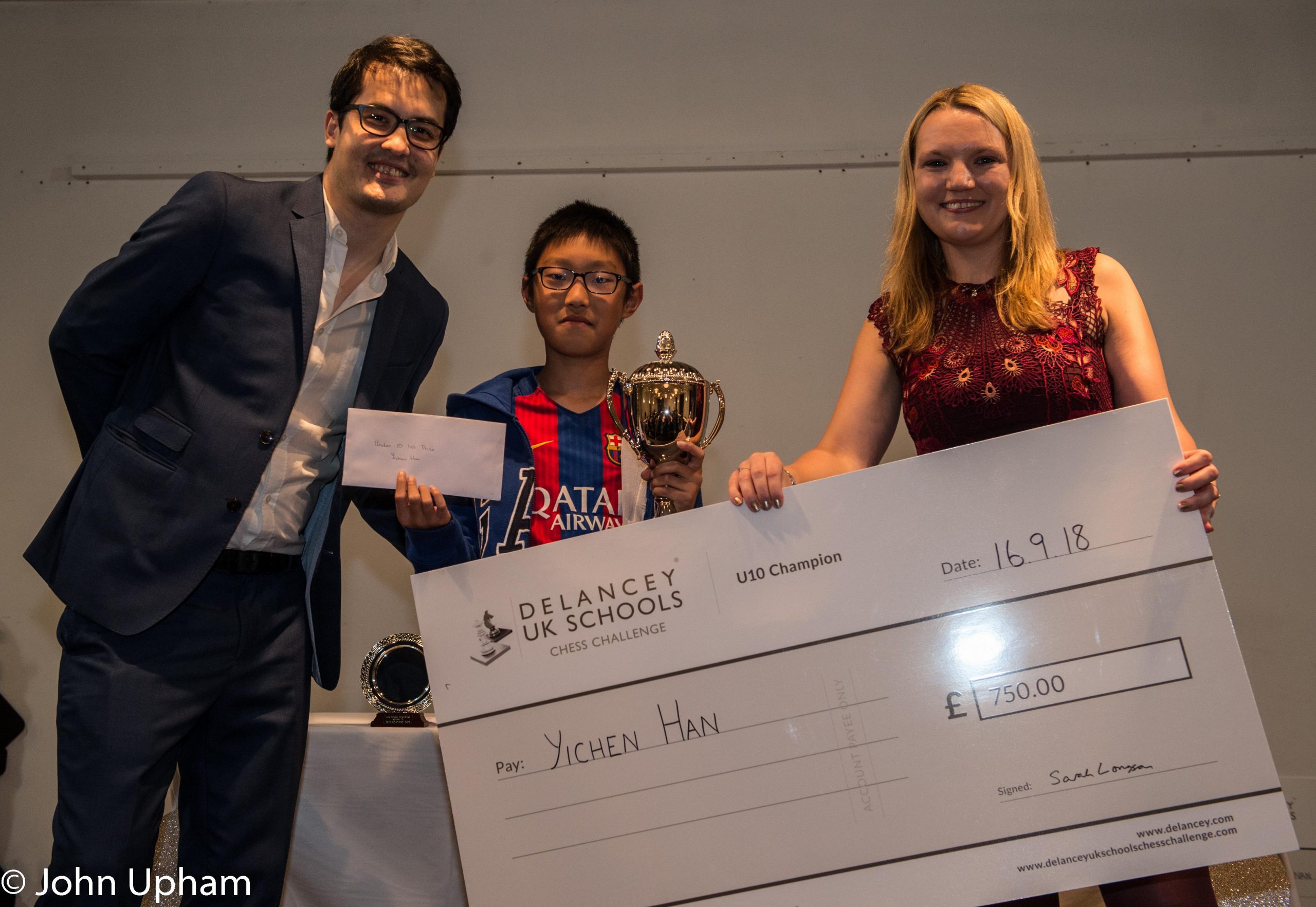
We send best wishes to IM Ali Mortazavi on his birthday, this day (January 20th) in 1971
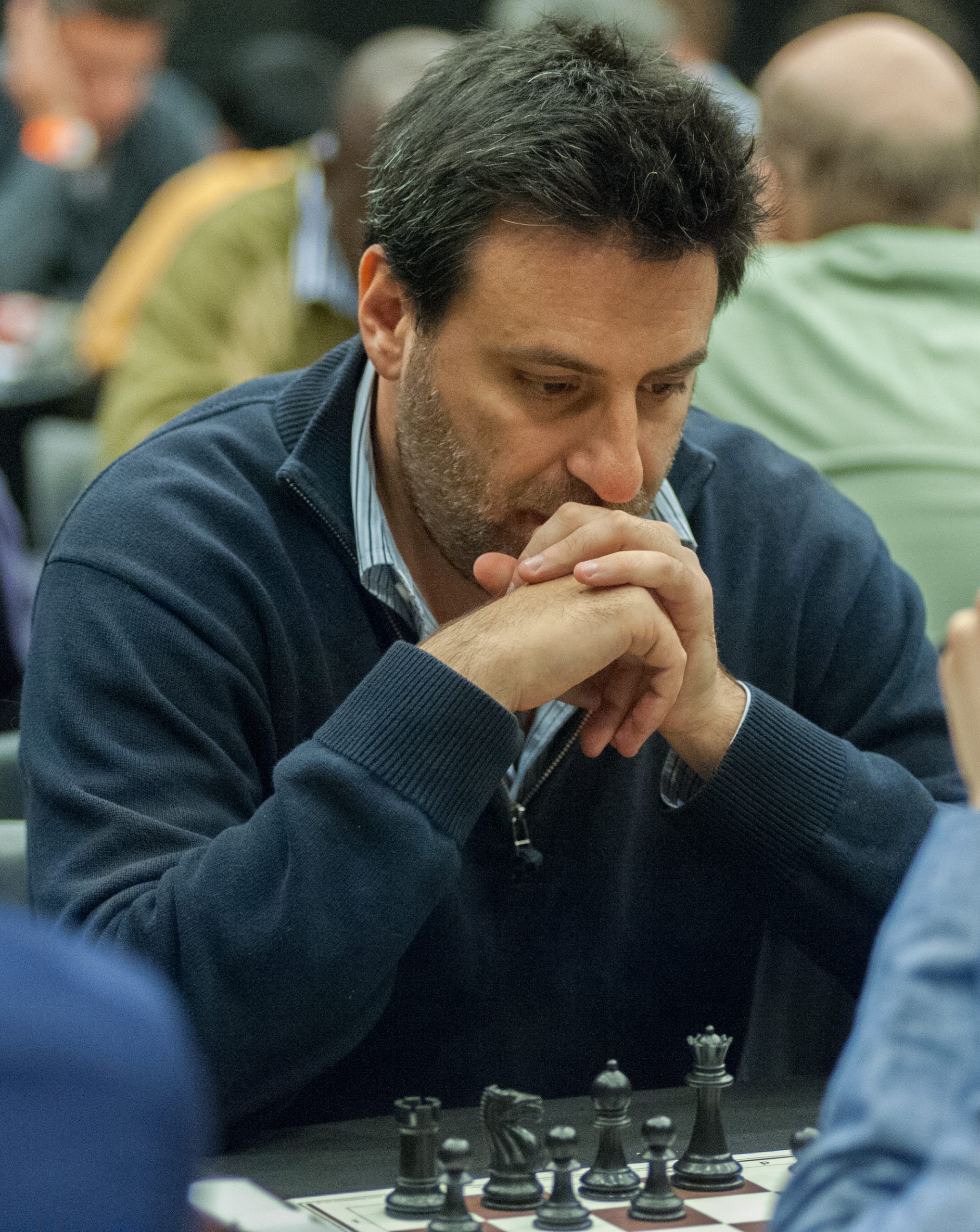
Ali is a British IM who was a successful trader in the financial markets.
In the FIDE directory he is listed as a Councillor in the Global Strategy Commission (GSC).
He was a professional player and became the CEO of Silence Therapeutics (SLN) :
Ali reached his hightest FIDE rating of 2410 in July 1994 aged 23.
He has played for Beeson Gregory in the Four Nations Chess League (4NCL). He played at the Isle of Man Open in 2018 but sadly, little since.
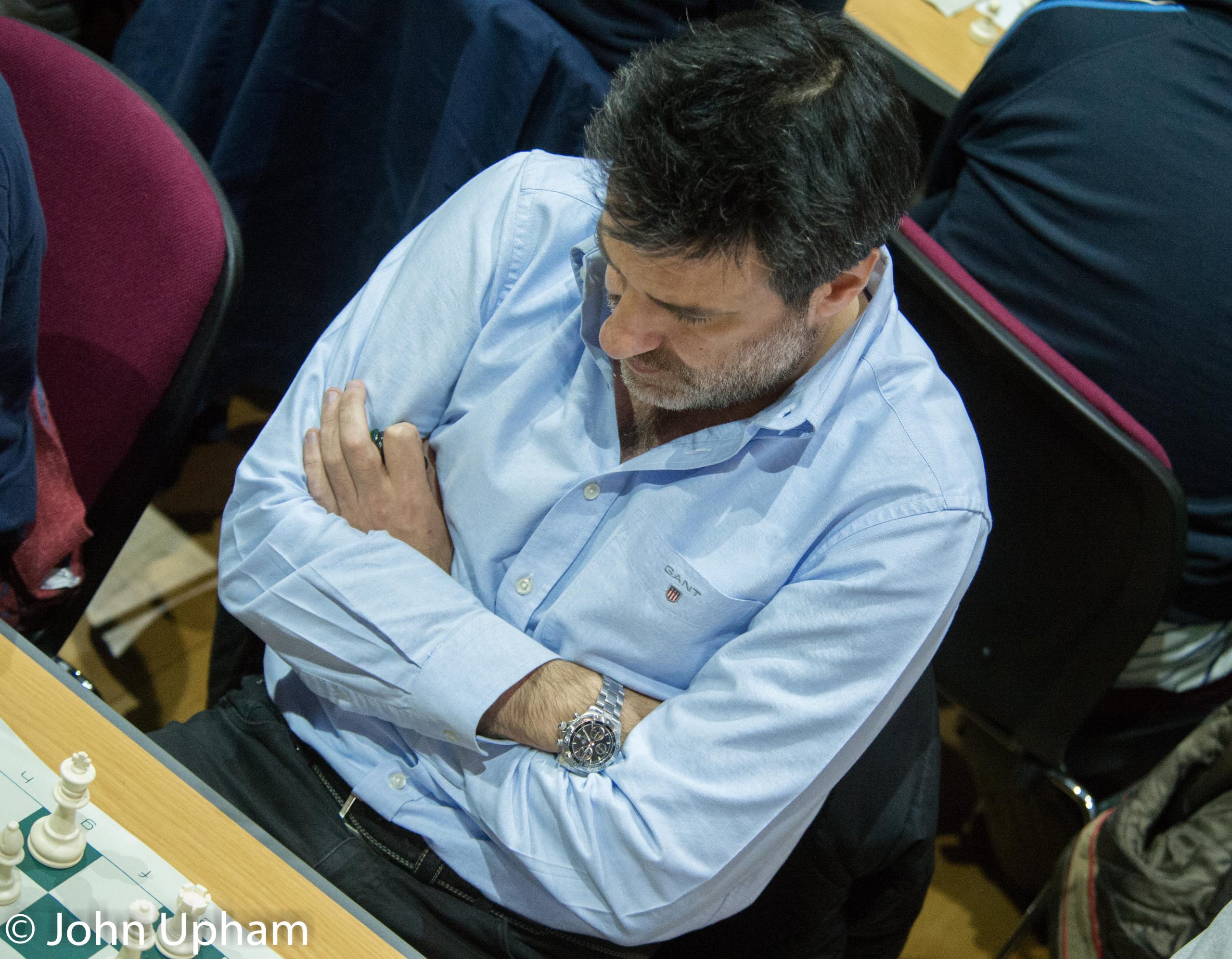
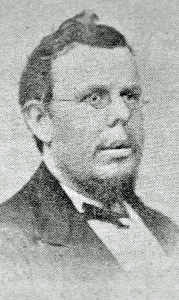
We remember John Wisker who passed away on this day, 18th January, 1884.
According to Wikipedia :
John Wisker (30 May 1846 in Kingston upon Hull, England – 18 January 1884 in Richmond, Victoria) was an English chess player and journalist. By 1870, he was one of the world’s ten best chess players, and the second-best English-born player, behind only Joseph Henry Blackburne.
Wisker moved to London in 1866 to become a reporter for the City Press and befriended Howard Staunton. His proficiency at chess improved rapidly, and he won the 1870 British Chess Championship after a play-off against Amos Burn, ahead of Blackburne, the defending champion. He won again in 1872 after a play-off against the first British champion, Cecil Valentine De Vere. After this second victory, the British championship was not resumed until 1904. Wisker edited chess columns for The Sporting Times and Land and Water. From 1872 to 1876, Wisker was Secretary of the British Chess Association and co-editor of The Chess Player’s Chronicle. After learning that he had contracted tuberculosis, Wisker emigrated to Australia in the autumn of 1876 to try to regain his health. In Australia, he wrote a chess column for the Australasian. In 1884, Wisker died from bronchitis and tuberculosis.
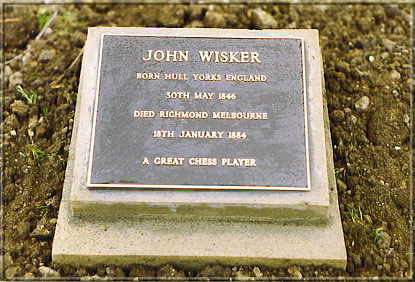
Here is a short item from the Ken Whyld Association web site :
and here is a more detailed article from chess.com
From The Oxford Companion to Chess by David Hooper & Ken Whyld :
John Wisker was an English player and journalist. After moving from Yorkshire to London in 1866 Wisker improved rapidly, so that in the early 1870s he could be ranked among the world’s best ten and second only to Blackburne among English-born players. In 1870 Wisker won the British Championship ahead of Blackburne (the holder) after a play-oil against Burn, and in 1872 he again won the title after a play-off against De Vere. (winner of the first British Championship). By winning twice in succession Wisker retained the trophy and the contests ceased until 1904 (when
Napier won). Against two of his contemporaries Wisker played six matches: Bird in 1873 (+6 =1 -6 and +4 =3 -7) and again in 1874 (+10 =3 -8 and +3 =1 -5); and MacDonnell in 1873 ( = 1 -3) and 1875 ( + 7 =4 -4), Discovering that he had tuberculosis, Wisker emigrated to Australia in the autumn of 1876, hoping to improve his health. In England he edited excellent chess columns in The Sporting Times and Land and Water, and was co-editor of the Chess Player’s Chronicle from 1872 to 1876; in
Australia he edited a chess column in the Australasian.
From The Encyclopedia of Chess by Anne Sunnucks :
British Champion in 1879 and 1872 and Hon. Secretary of the British Chess Association from 1872 – 1877. Wisker was born in Hull. His parents were poor and, he received little schooling, but by his own efforts educated himself and by the time he was 19 was contributing articles to the Fortnightly Review. In 1866 he came to London to report for the City Press and was introduced to London chess circles by Howard Staunton. His play rapidly improved, and his victory in the British Championship in 1870 was achieved after a ply-off against Burn, ahead of Blackburne. In 1872, by successfully defending his title, he won the BCA Challenge Cup outright. On this occasion he won a play-off against De Vere. In 1872 Wisker became co-editor with Skipworth of the Chess Player’s Chronicle.
in 1875, Wisker was found to have consumption, and two years later. on medical advice, he emigrated to Australia. He became chess editor of The Australian, an appointment which he held at the time of his death. He died on 18th January 1884 from bronchitis on top of consumption.
From The Encyclopedia of Chess by Harry Golombek :
A prominent British player and chess administrator. Wisker won the BCA Challenge Cup in 1870 after a play-off with Burn. In 1871 he narrowly lost (+2 -3 =4)a match to the French master Rosenthal, who had fled to London to avoid the rigours of war. Wisker retained the Challenge Cup in 1872, this time after a play-off with De Vere. In the following year Wisker played a series of matches against Bird, drawing the first (+6 -6 =1) losing the second (+4 -6 =2) and winning the third (+10 -8 = 3).
From 1872 to 1877 Wisker was secretary of the BCA and jointly edited the Chess Player’s Chronicle. wisker suffered from consumption and in 1877 under doctor’s orders emigrated to Australia where he died (H.G.)
Improve Your Practical Play in the Endgame : Alexey Dreev
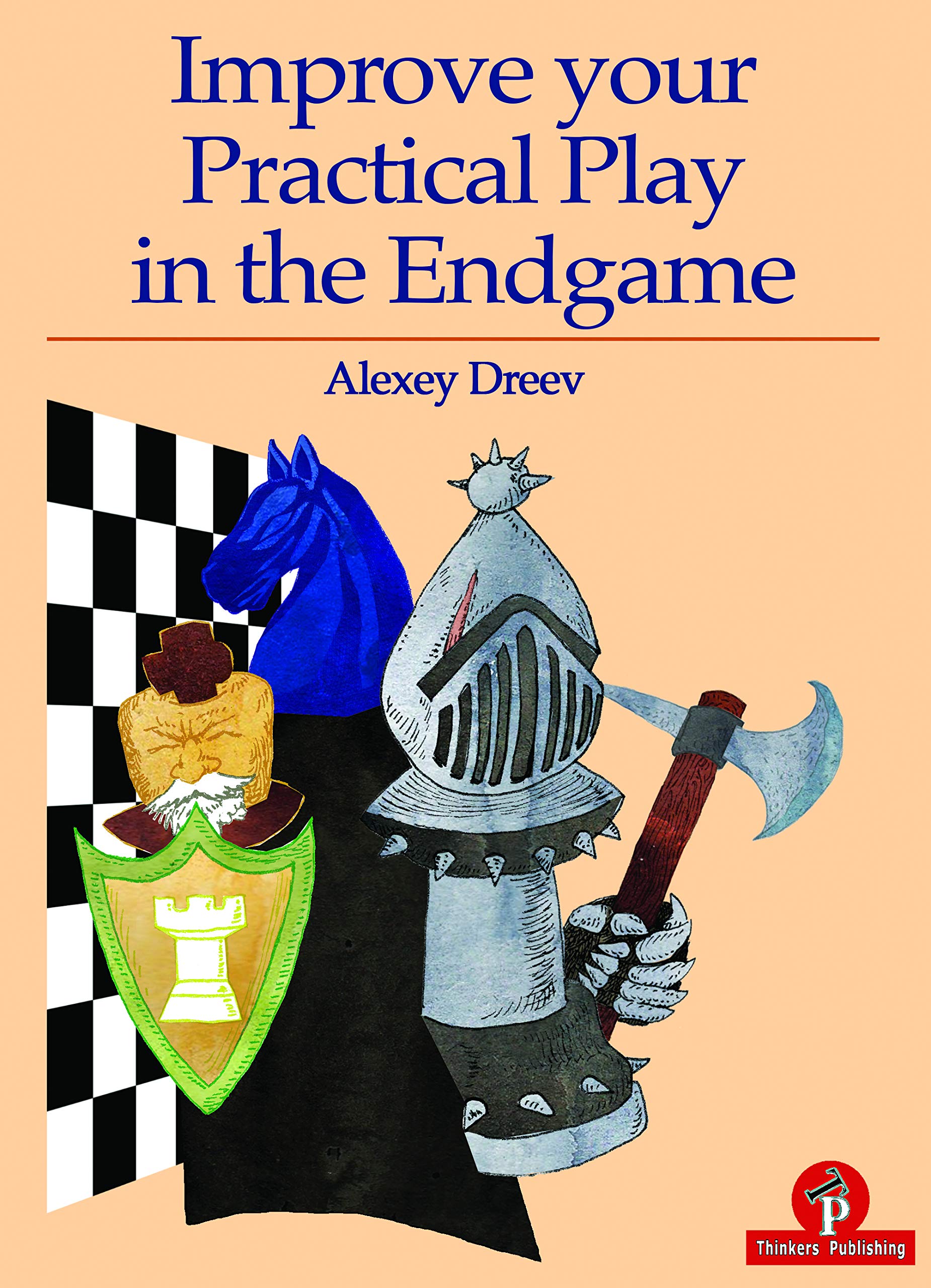
“After a bad opening, there is hope for the middle game. After a bad middle game, there is hope for the endgame. But once you are in the endgame, the moment of truth has arrived.” – Edmar Mednis
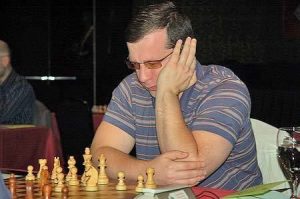
From Wikipedia :
Alexey Sergeyevich Dreev (Russian: Алексей Сергеевич Дреев; born 30 January 1969[1]) is a Russian chess player. He was awarded the title Grandmaster by FIDE in 1989.
While being a promising young chess talent, he was for a period coached by the world-class chess trainer Mark Dvoretsky.
As with every recent Thinkers Publishing publication high quality paper is used and the printing is clear. The book can easily be laid flat next to the board and does not require weights to prevent it from “self-closing” (a particular bugbear of ours !). Each diagram is clear and the instructional text is typeset in two column format, which, we find, enables the reader to maintain their place easily. Figurine algebraic notation is used throughout and the diagrams are placed adjacent to the relevant text and each diagram has a “to move” indicator.
There is no index which, unfortunately, is a standard feature of Thinkers Publishing books. Also missing is a bibliography.
This author of this book is Alexey Dreev, super GM who reached the quarter finals of the candidates in 1991.
This excellent book is packed full of instructive, exciting endgames, taken from top level games, including many of Dreev’s own games
extensively analysed with short pithy didactic comments.
Many of the examples are complex and require serious study to really gain the understanding of practical endgames.
This book is a pleasure to read with an excellent layout and plenty of diagrams making it easy to peruse anywhere.
The book is divided up into six chapters, but not on piece configurations (except for chapter 5) but on aspects of play:
Each chapter has eight or nine examples analysed in depth followed by a similar number of exercises which will really test the reader;
I did get a few right without moving any pieces.
One of favourite chapters is Particular Endgames which mostly covers positions with material imbalance such as Q v pieces
which the vast majority of players would find fascinating. There is an excellent example no 3 showing the use of a space advantage in B+2Ns endgame.
Following is the first example in the Chapter on Defence and a new perspective on a famous game.
My other favourite chapter is Pawn Endgames and Transitioning into Pawn Endgames which shows the rich complexity of king and pawn endgames
and the crucial importance of this topic.
In my experience, this transition is commonly mishandled by players of all standards: I have spoiled winning endgames in this area and I have seen countless games spoiled by poor play in pawn endgames, so study of this chapter will reap rich rewards for a reader.
FM Richard Webb, Chineham, Hampshire, 17th January 2020
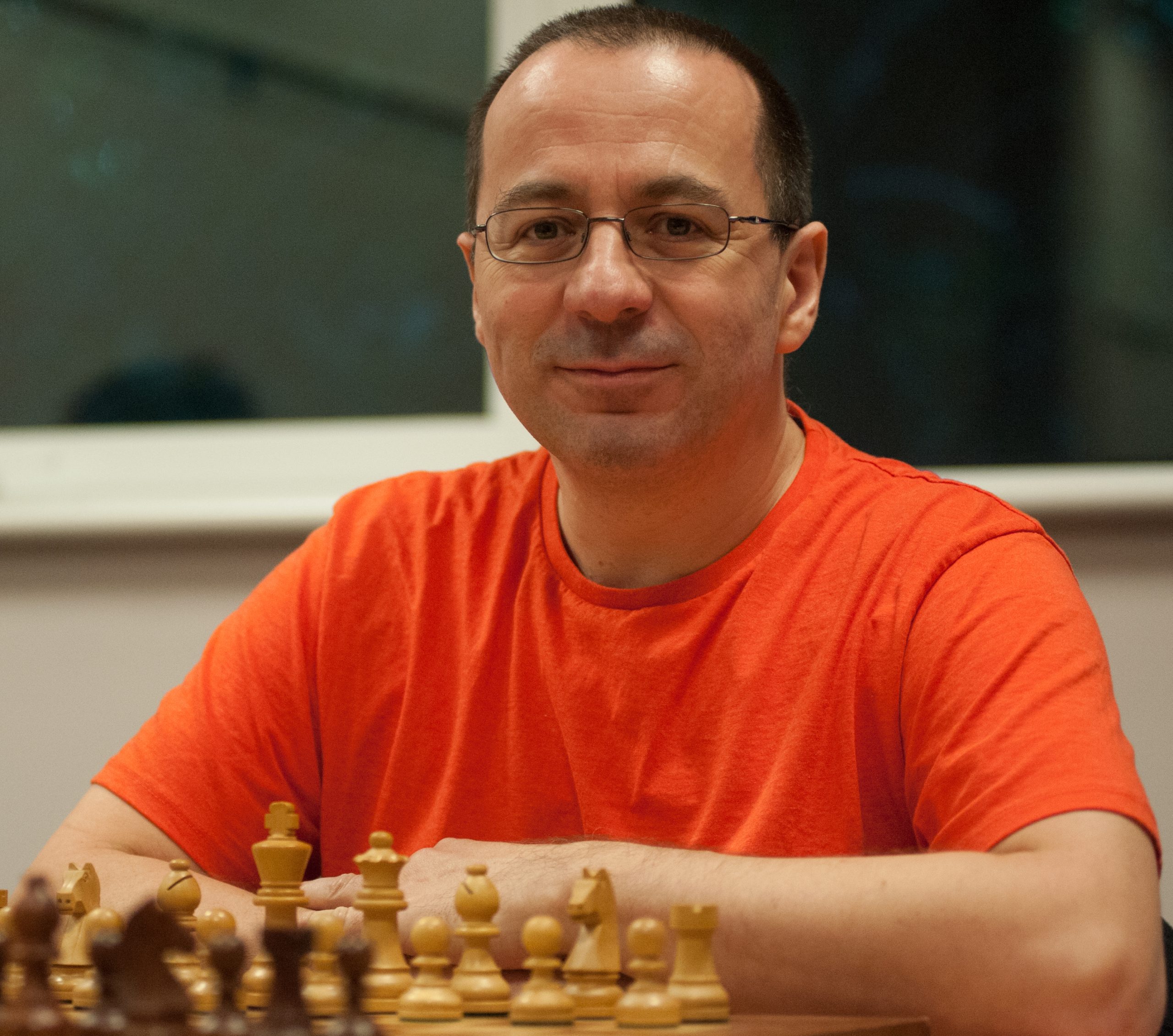
Book Details :
Official web site of Thinkers Publishing
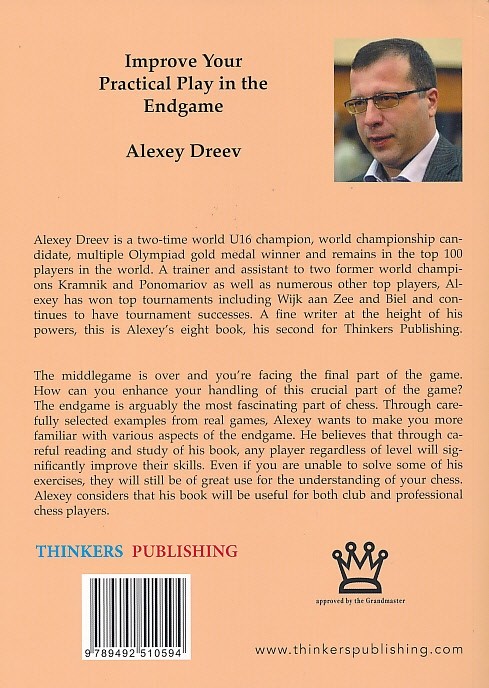

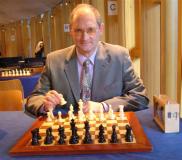
We send birthday wishes to IM Craig Pritchett who was born this day, January 15th in 1949.
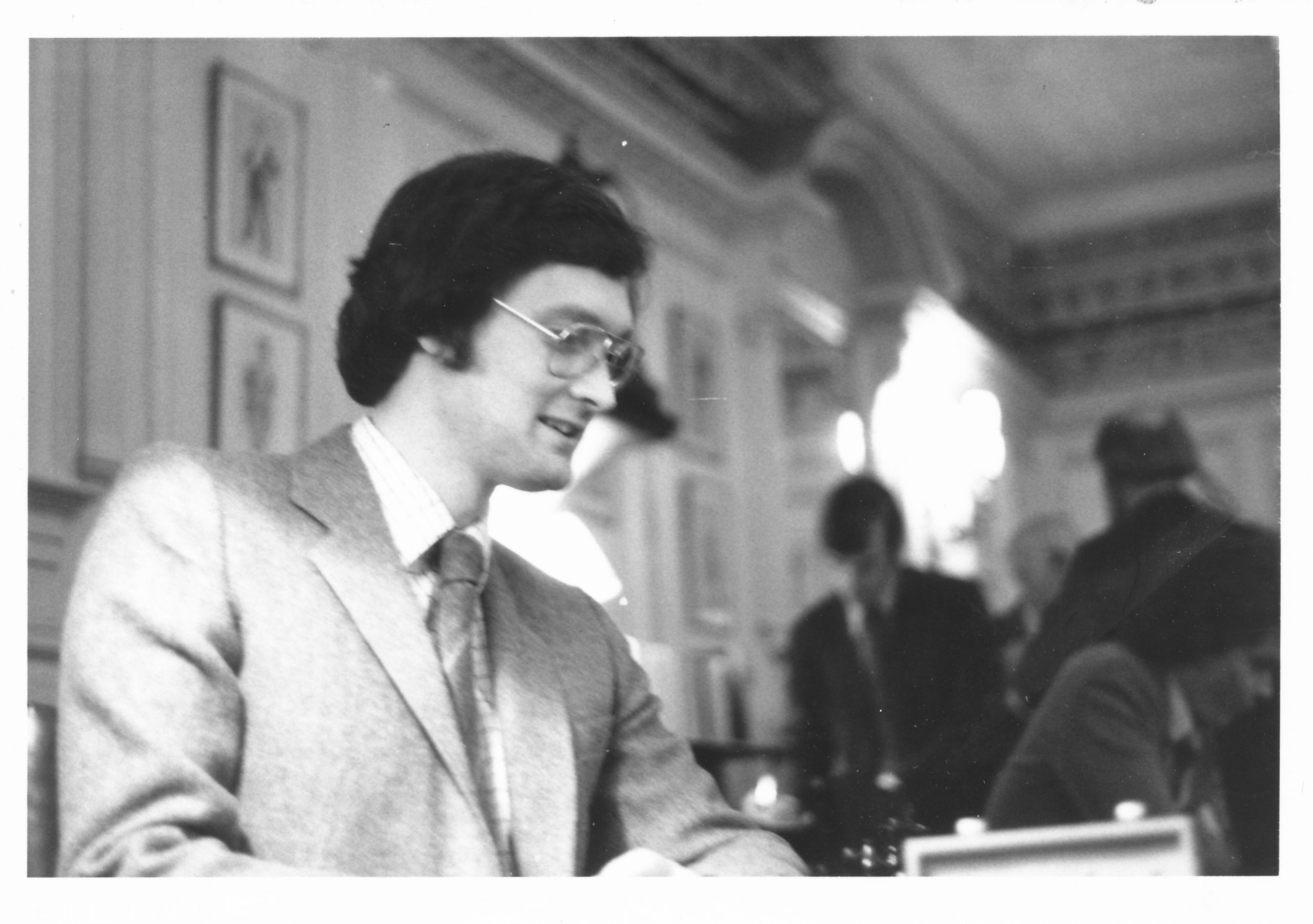
Here is his Wikipedia entry
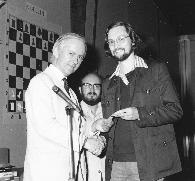
From The Encyclopedia of Chess by Harry Golombek :
Scottish international master and teacher. Prtichett, probably the strongest native-born Scottish player since the days of Captain Mackenzie in the nineteenth century, has represented Scotland with success in five Olympiads : 1966, 1970, 1972, 1974 and 1976. He has also played for Scotland in the Students Olympiads of 1968, 1969 and 1970.
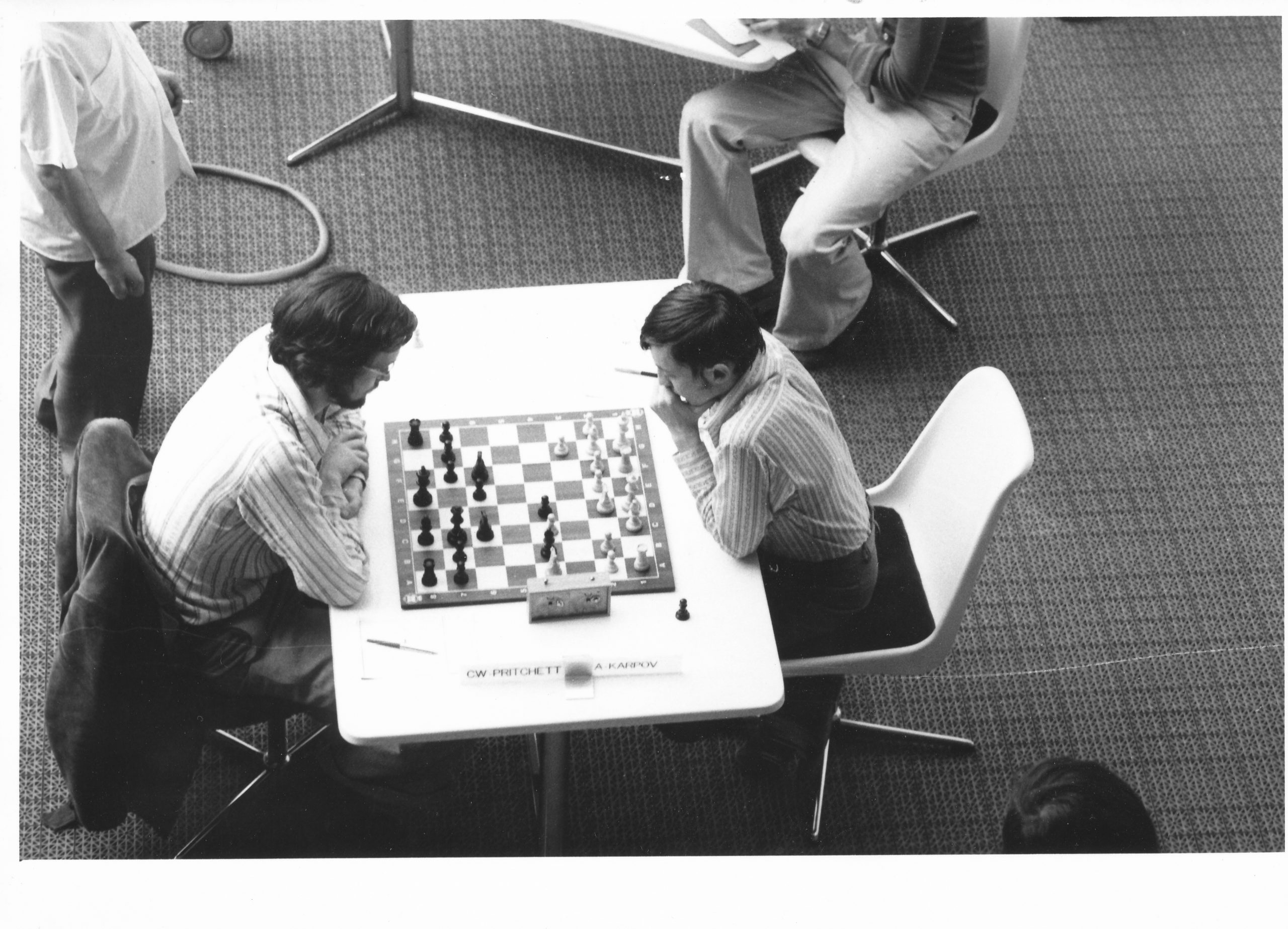
His first individual success was in the European Junior Championship in Groningen 1969/70 where he came -3rd with Belyavsky. At Decin (Czechoslovakia) 1974 he came 1st in the Masters B section.
He obtained the first part of an international master norm at the Nice Olympiad in 1974 where he scored 60% on top board. In 1975 he again achieved a master norm at the strong Pula Zonal tournament where he came -7th/14.
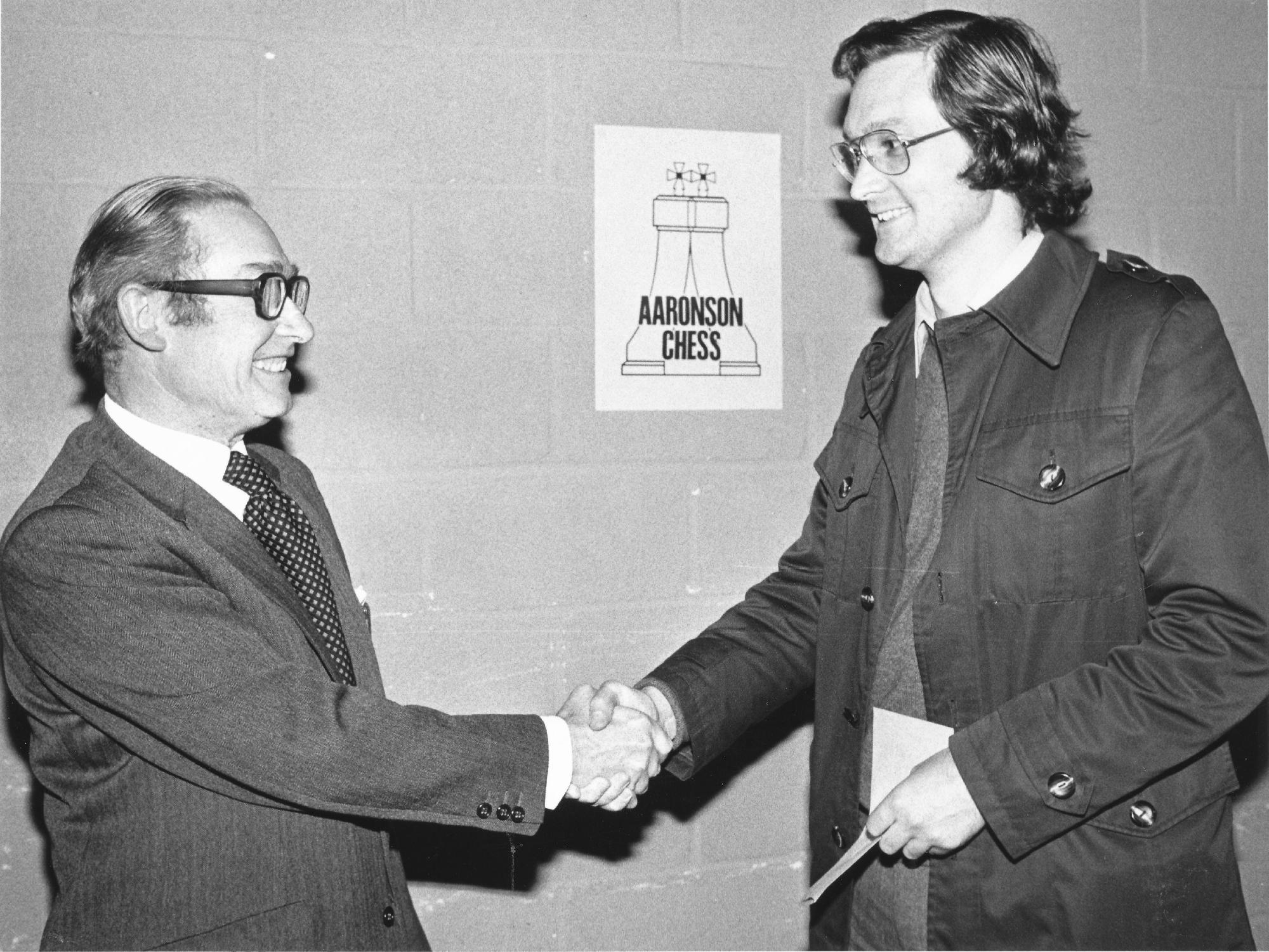
He was chess correspondent of the Glasgow Herald and author of The Sicilian Scheveningen, Batsford, London, 1977. (article by Harry Golombek)
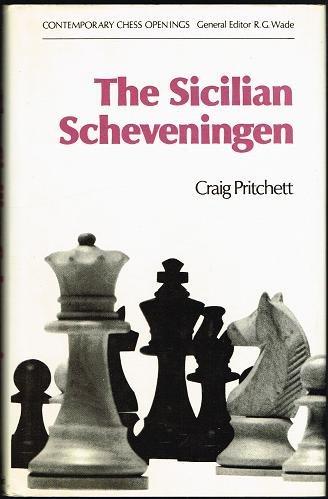
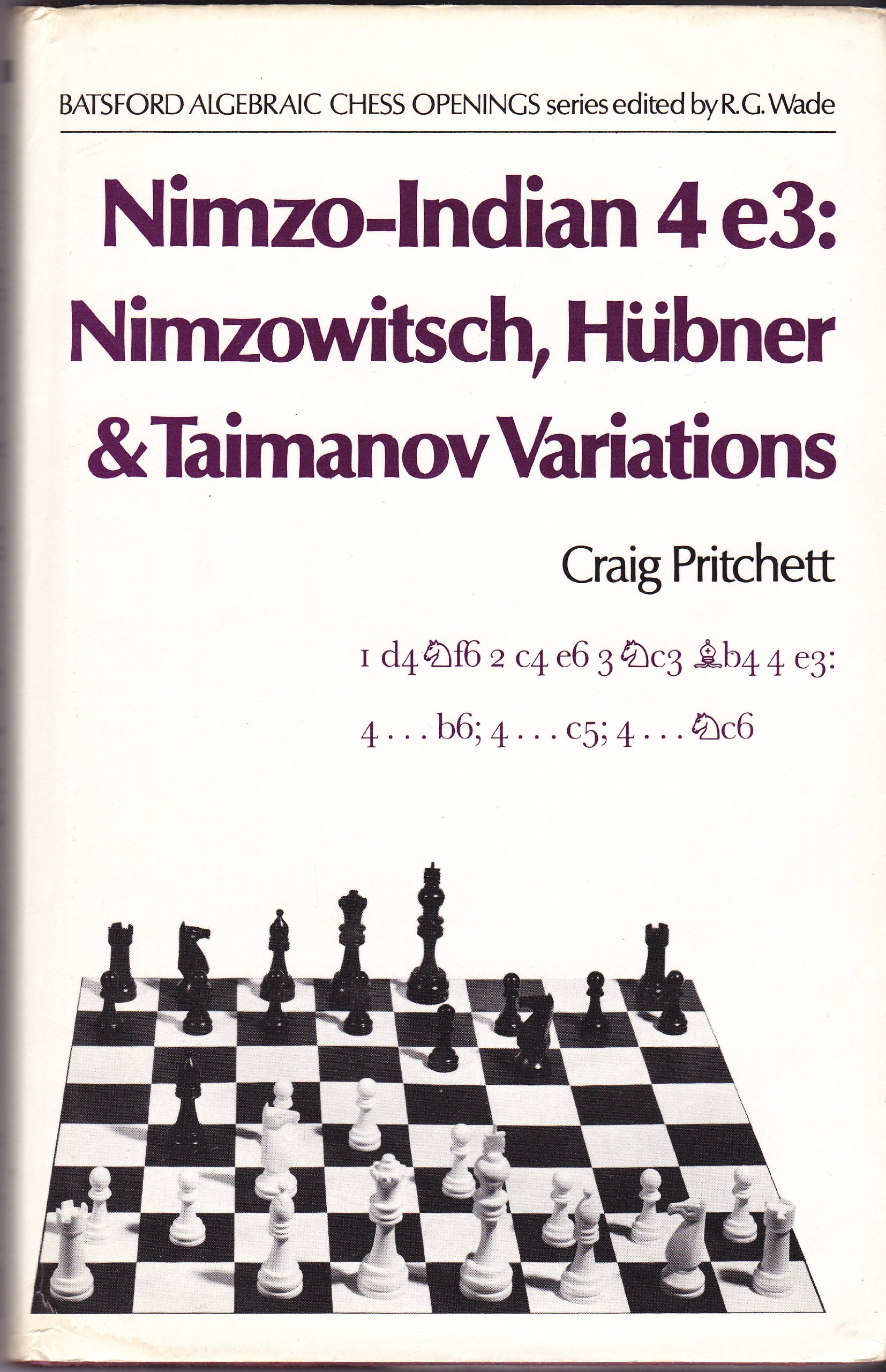
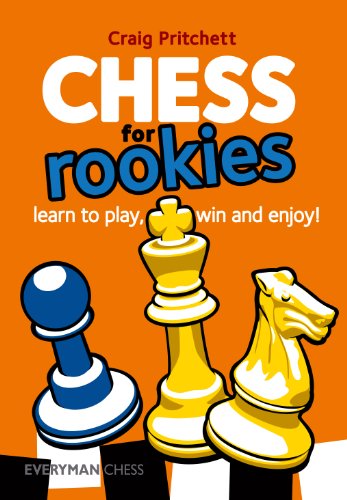
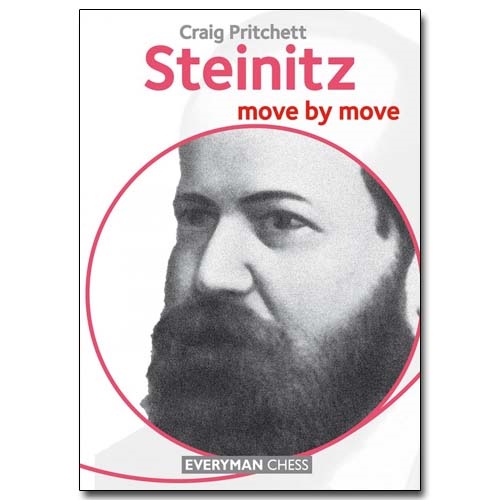
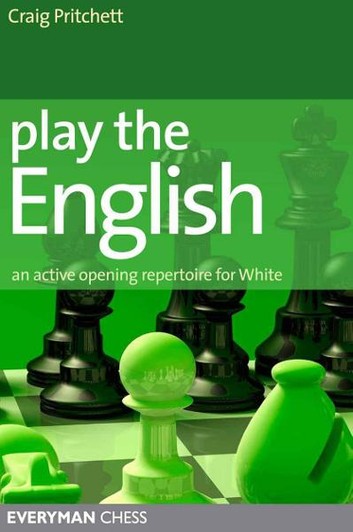
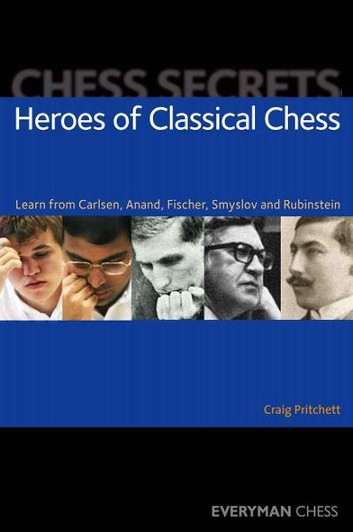
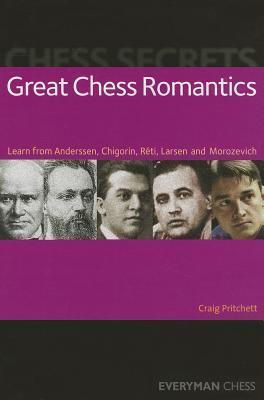
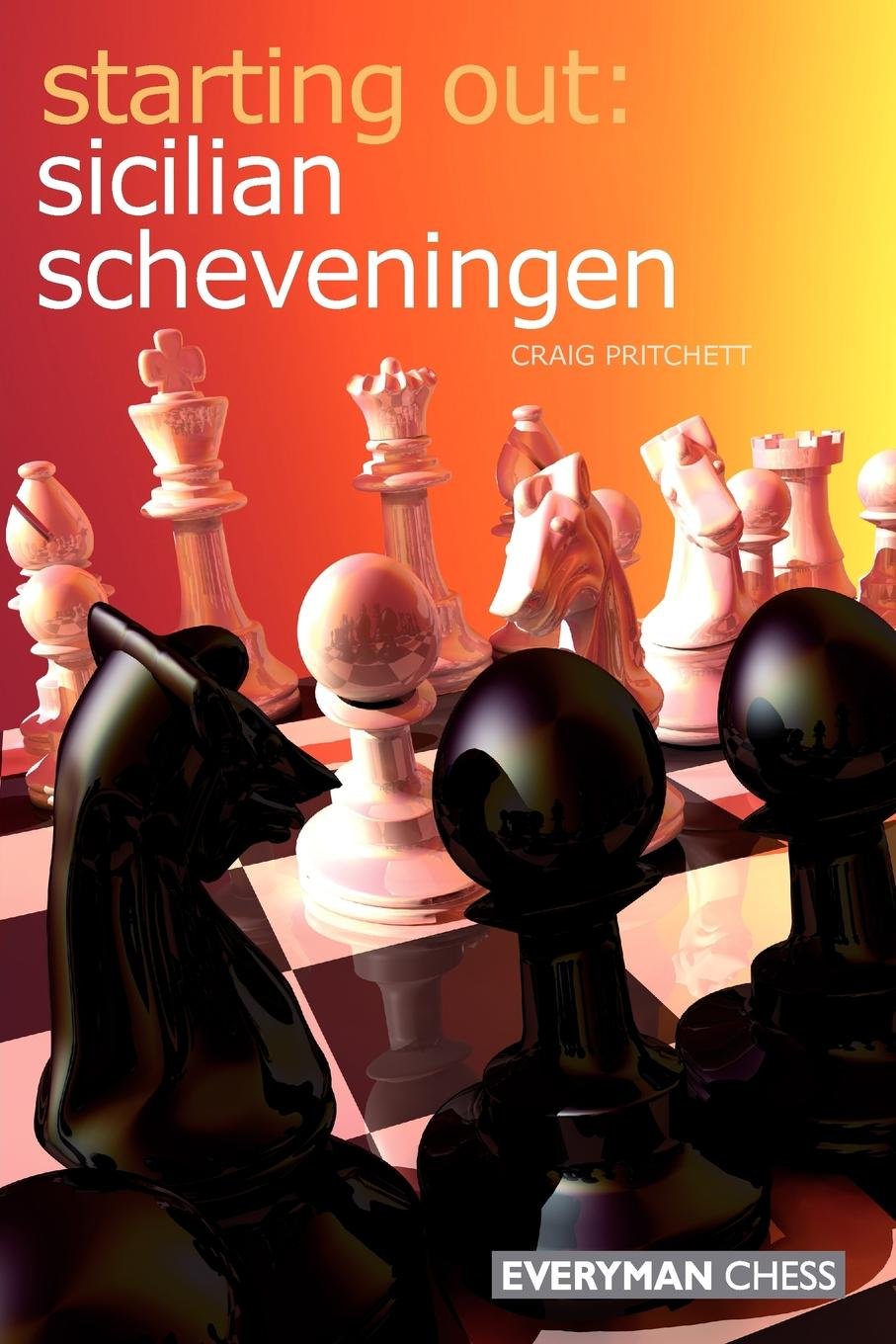
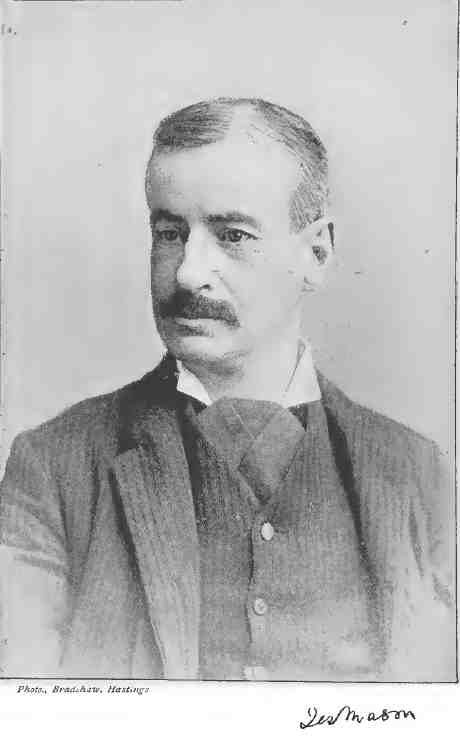
We remember James Mason who passed away on this day, January 15th, 1909.
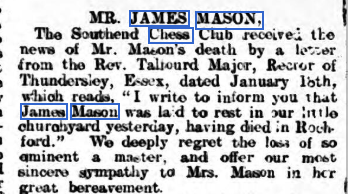
Here is his Wikipedia entry
From The Oxford Companion to Chess by David Hooper & Ken Whyld :
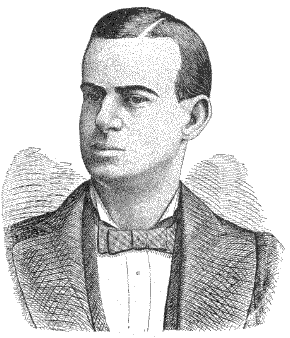
One of the world’s best half-dozen players in the early 1880s, journalist. He was born in Kilkenny, Ireland, and adopted the name James Mason (his real name is not known) when he and his family emigrated to the USA in 1861. He became a boot-black in New York, frequenting a Hungarian cafe where he learned chess. Coming to the notice of J. G. Bennett of the New York Herald he was given a job in the newspaper’s offices, a start in life that both suited his literary aspirations and gave him the chance to study the game; and in 1876 he made his mark, winning first prizes at the fourth American Chess Congress, Philadelphia, and in the New York Clipper tournament, and defeating the visiting master Bird in match play (411=4-4), Settling in England In 1878 he drew a match with Potter (+5=11— 5) in 1879, and at Vienna 1882, the strongest tournament held up to that time, he took third prize (+17=12-5) after the joint winners Steinitz and Winawer.
This was his finest achievement, but he had some other good tournament results; London 1883 (won by Zukertort), equal fifth; Nuremberg 1883, third after Winawer and Blackburne; Hamburg 1885, second equal with Blackburne, Englisch, Tarrasch, and Weiss after Gunsberg; Manchester 1890 (won by Tarrasch), equal fifth; and Belfast 1892, first equal with Blackburne. Fond of drink, Mason is alleged to have lost many games when in a ‘hilarious condition’. ‘A jolly good fellow first and a chess-player afterwards’ he never fulfilled the promise of his first years in England, Instead he wrote books on the game, in excellent style, notably two popular textbooks. The Principles of Chess in Theory and Practice (1894) and The Art of Chess (1895): both ran to several editions. Another of his books. Social Chess (1900), contains many short and brilliant games.
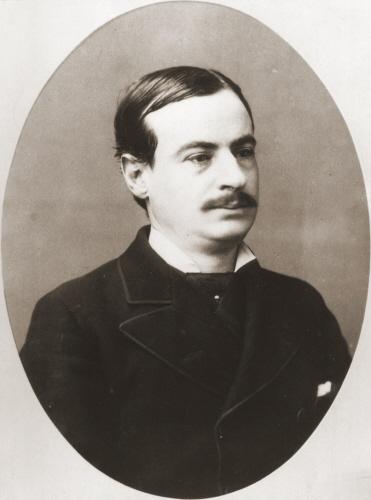
From The Encyclopedia of Chess by Harry Golombek :
A British master of Irish birth, Mason emigrated in early youth to the USA before settling in England in 1878. In America he won matches against Delmar, Martinez, Bird etc, ; In England he beat Mackenzie and drew with Potter, remaining unbeaten in match-play. He played in most of the important tournaments of the eighties and nineties, but the first prize he won on his début at the Philadelphia congress 1876 remained his only victory.

His best results were the third prizes at Vienna 1882 (behind Steinitz and Winawer), Nuremberg 1883 and Amsterdam 1889; =2nd at Hamburg 1885 and =3rd at Bradford 1888; also his 7th place in the great New York 1889 tournament. He wrote The Principles of Chess, London 1894, The Art of Chess, London 1895, compiled a collection of brilliancies in a series Social Chess, London 1900, and was co-author with Pollock of the 1895/6 tournament book. (Article by William Hartston).
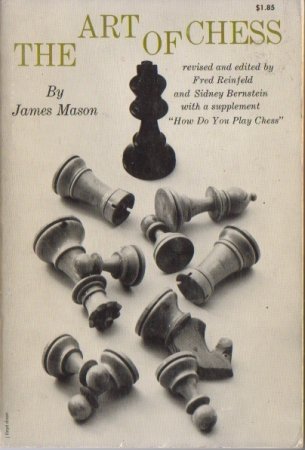
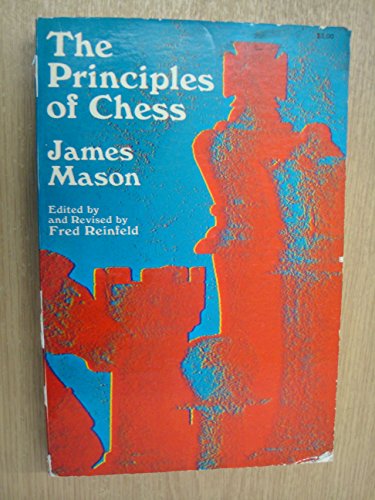
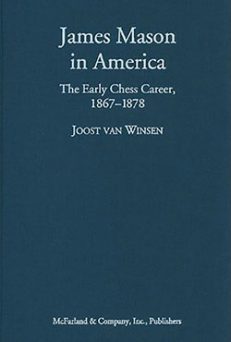
We reviewed the most recent book about James Mason here
